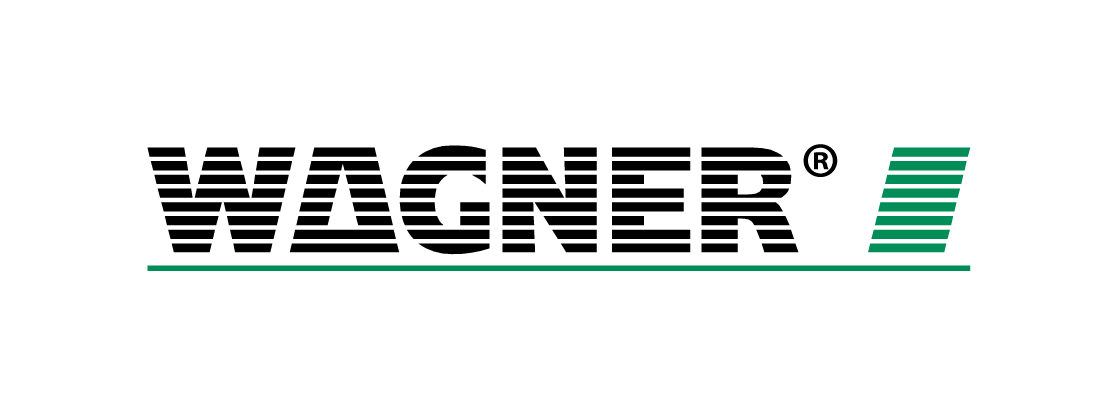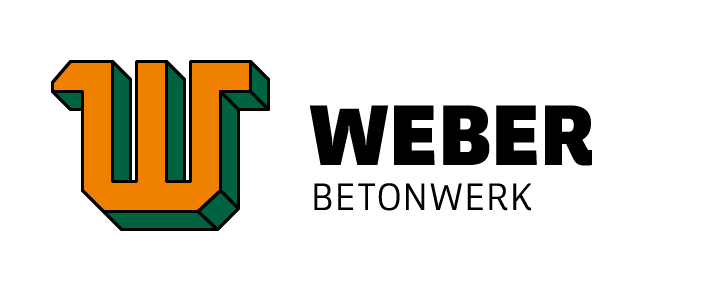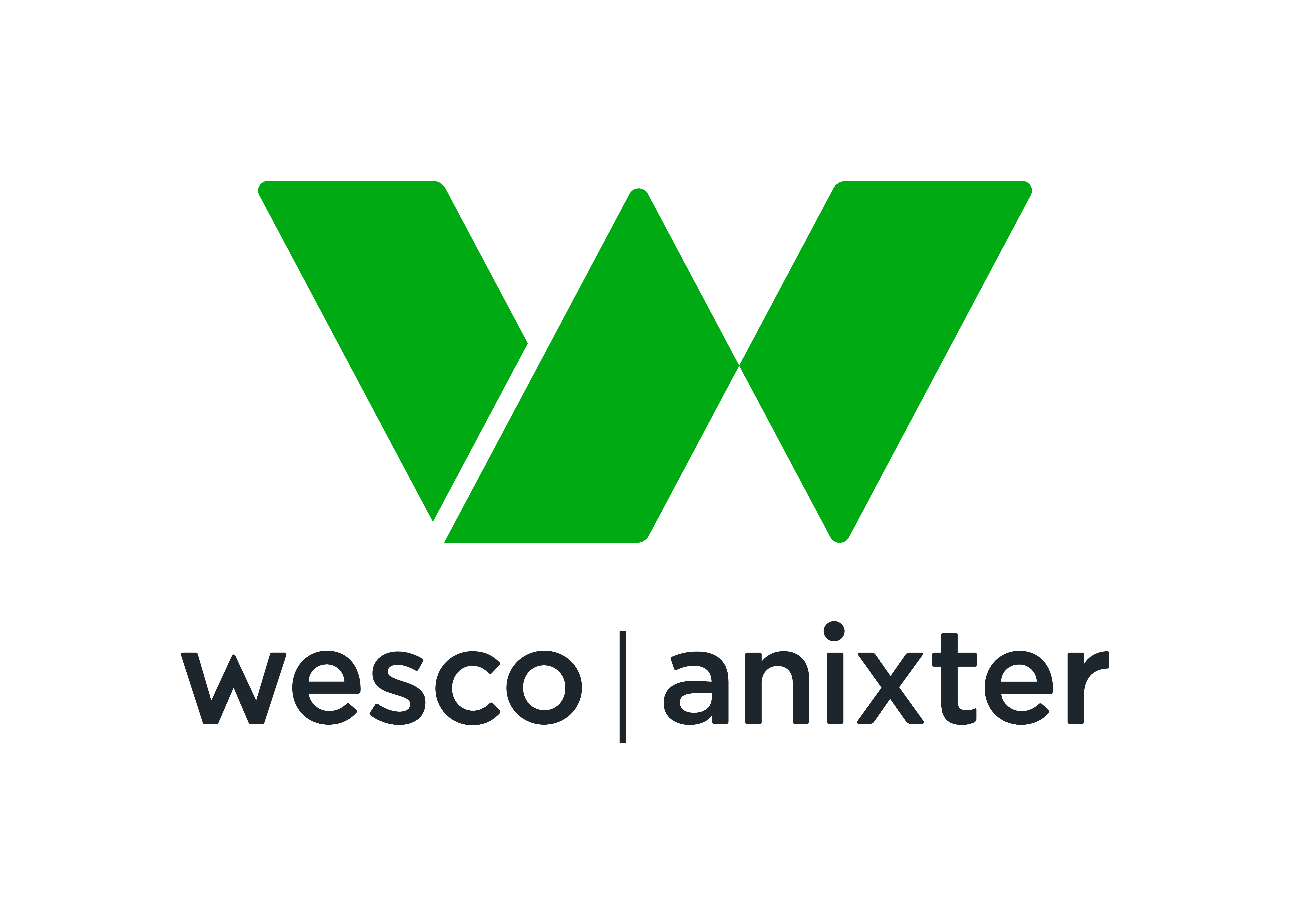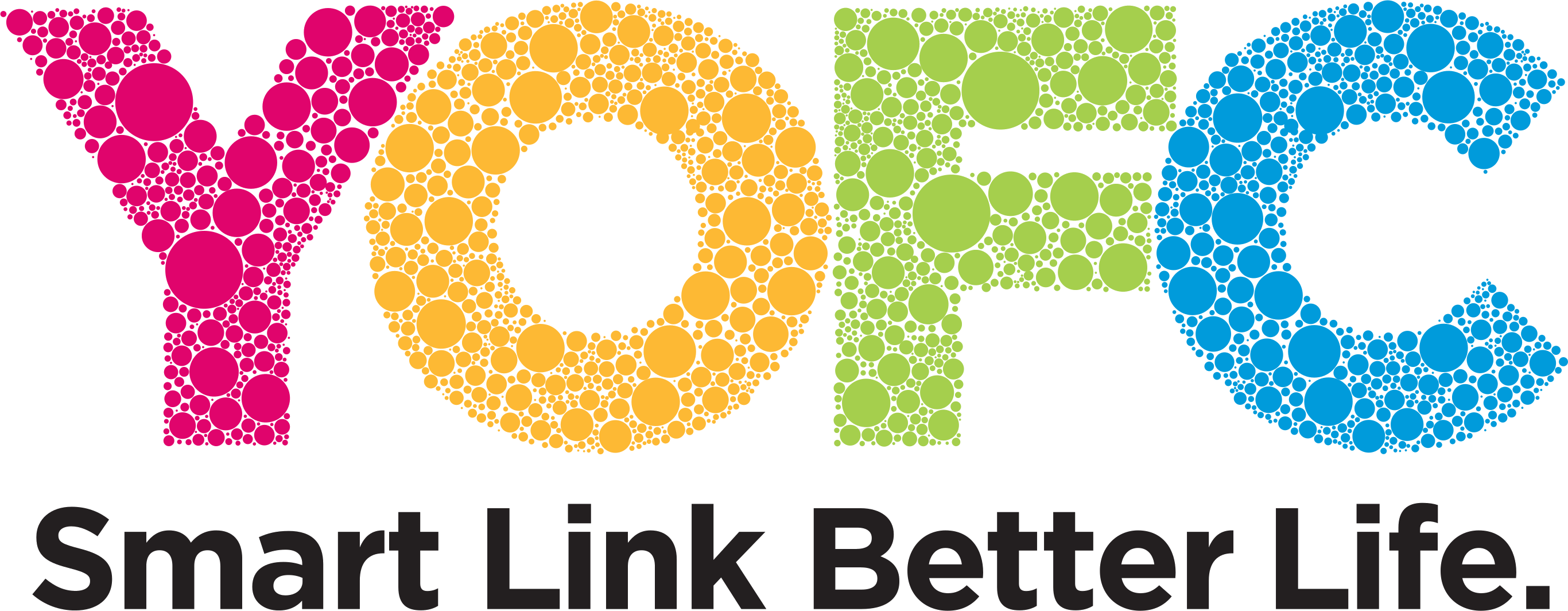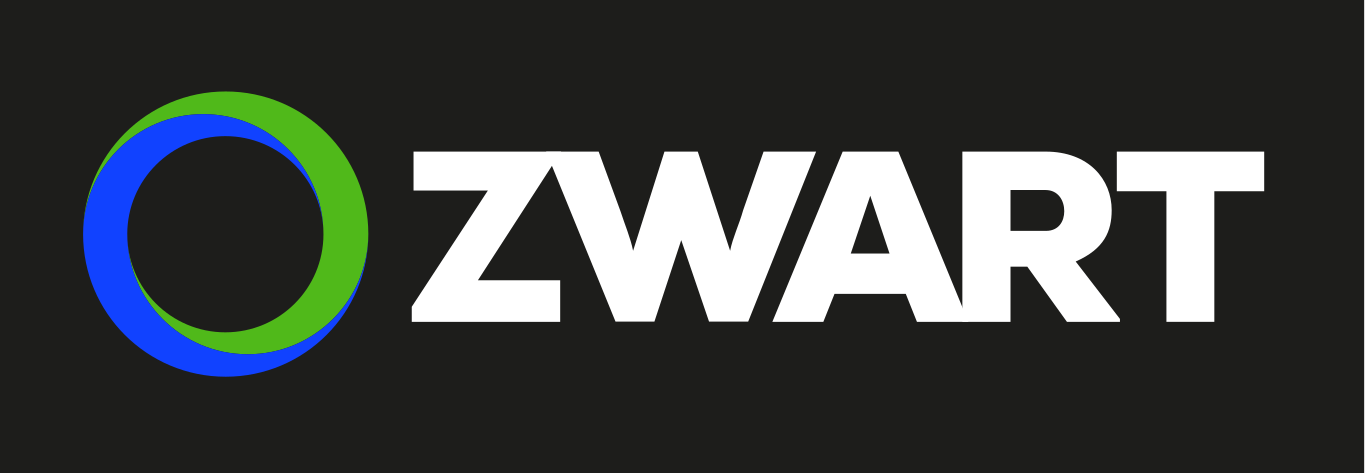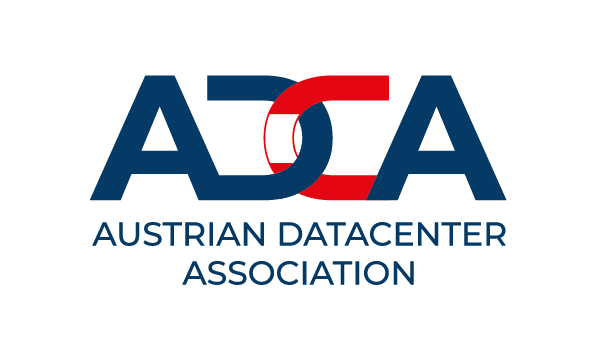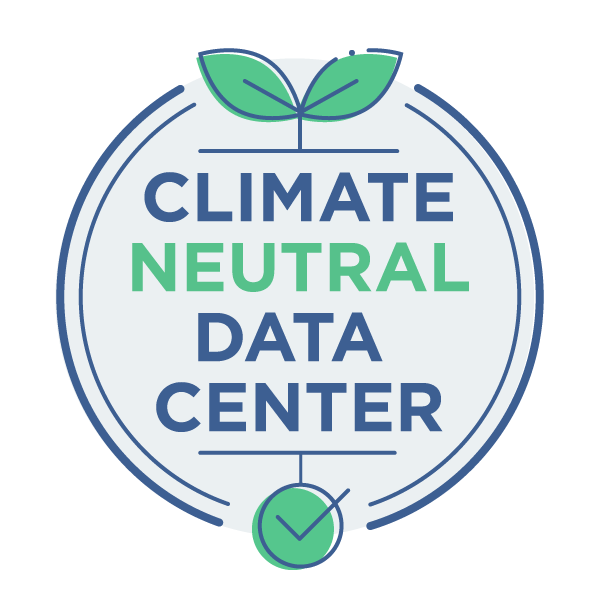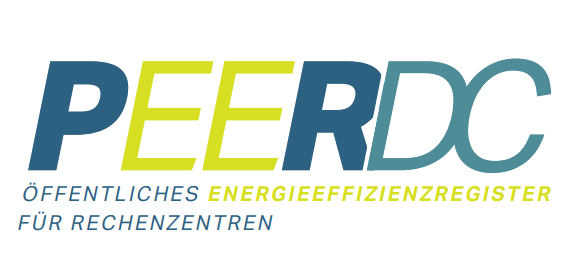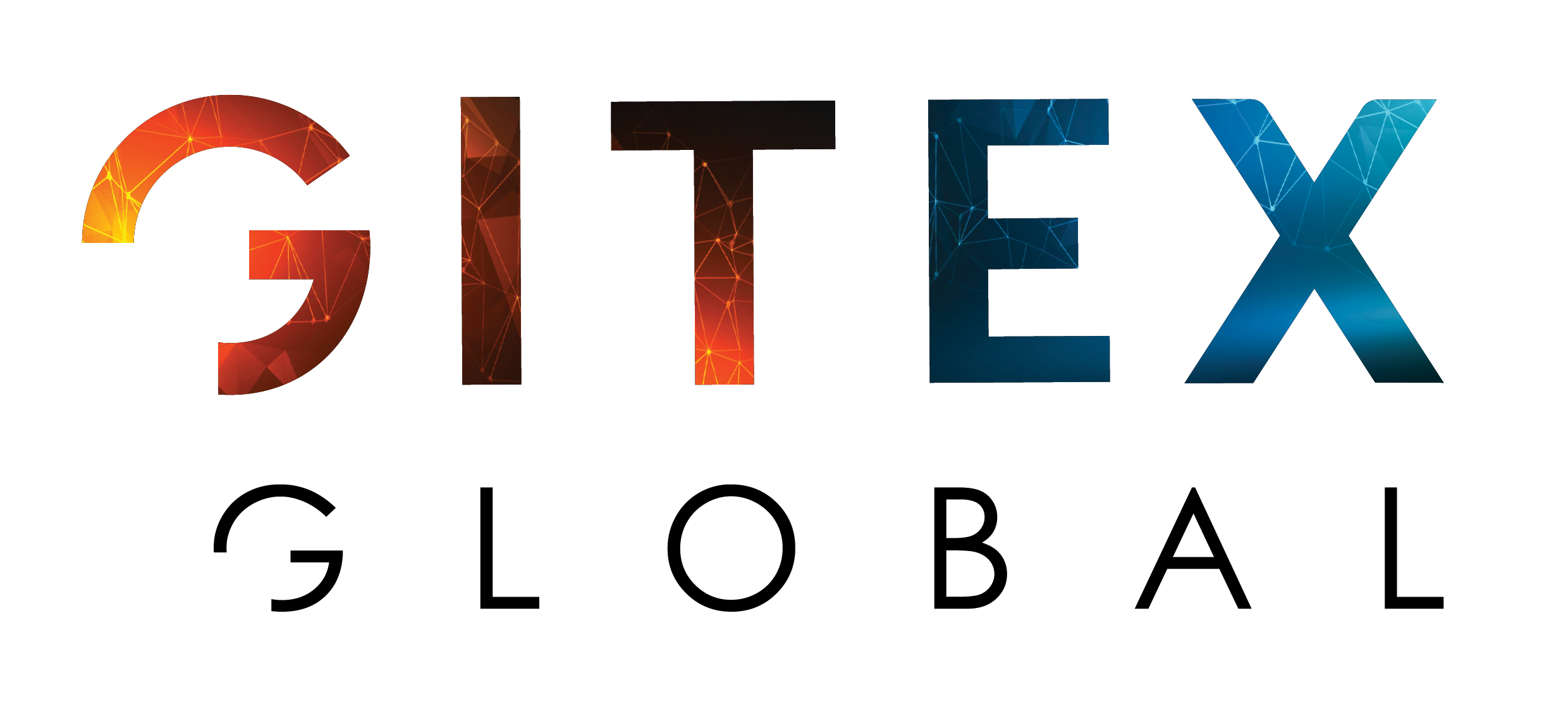Download Datacenter Outlook Germany 2025/26
Preview of Datacenter Outlook Germany 2025/26 [EN]Datacenter Outlook Germany 2025/26
This year, we are proud to present the Datacenter Outlook Germany once again, released alongside the German Datacenter Conference. With this edition, we highlight that Germany and Europe are entering a new era of digital transformation. Artificial intelligence, cloud services, and data-driven innovation are increasingly shaping our economy, society, and everyday life.
The conference this year explores both the opportunities ahead and the challenges we face. Expanding network infrastructure and securing energy supply have become critical issues. Without robust connectivity, growth, innovation, and European digital sovereignty are limited.
Sustainability remains at the heart of the discussion, closely tied to efficiency. It is the foundation that allows the industry to meet the growing demands of AI and high-performance computing while taking responsibility for the climate and society.
Enjoy reading Datacenter Outlook Germany 2025/26!
This publication was created with the expert support of our GDACon25 partners: CBRE, CyrusOne, Eaton, Rittal, NTT Data, NTC Notstromtechnik-Clasen, Stulz, TTSP HWP, Siemens Energy, Arcadis, and Jenbacher. The Outlook also acknowledges the many specialists whose insights, presentations, and discussions contributed to the success of the German Datacenter Conference.
European Sovereignty is our Shared Goal
Our task is to build bridges: between operators and energy providers, between municipalities and investors, between technology and sustainability. Only by working together across industries can we set the right course. What is needed is trust, openness, and the courage to see competition for resources not as a battle against one another, but as a shared effort for one another.
THE FUTURE IS IN OUR HANDS: data centers are the key to Europe’s digital sovereignty. Let us ensure this infrastructure remains strong, sustainable, and future-ready.
Anna Klaft |Chairwoman of the German Datacenter Association
Data Centers Shape the Future: Investments in Reliable and Secure Infrastructures
Data Center Industry Booms: AI Drives Growth but Presents Challenges on the Path Forward
The key to success: Political foresight and fostering young talent for sustainable development.
German Data Center Market
Expanding Europe’s digital backbone while leveraging synergies and providing infrastructure amid limited energy supply and ESG targets.
Despite continuous improvements in computational efficiency over the past fifty years, burgeoning demand for processing power has consistently outstripped these advancements. For more than a decade, engineers have achieved an annual reduction of 23% in the energy required per computation at the chip level. A 100-Watt chip from 2013, for example, would now require only 4.4 Watts to perform an equivalent workload.
However, notwithstanding these year-on-year efficiency gains, the total data center capacity has grown annually—in Frankfurt by 20% year-on-year. This expansion, despite improvements in efficiency, is a trend observed across all European data center markets. The increasing demand for data center capacity is driven by the ongoing social and economic digitalisation, representing a fundamental shift towards a digital-first economy.
In recent years, this trend has been further fuelled by innovations such as Large Language Models, AI assistants, and generative AI. Germany, strategically located at the heart of Europe and boasting excellent connectivity to the continent‘s economic and demographic centres, holds the position of the largest data center market in the region and is set to further grow, despite bottlenecks in grid capacity and a complex regulatory landscape.
From Brussels to the Town Hall
How GDA is Putting Digital Infrastructure on the Agenda
This year, the German Datacenter Association (GDA) has significantly stepped up and expanded its activities and commitment to political advocacy. Alongside its robust event and networking programme, the association is striving to establish itself as a more engaged dialogue partner for political decision-makers at the EU, federal, and state levels. Why all of this is important is discussed in the Datacenter Outlook Germany 2024/25, in a conversation between GDA General Secretary Martin Kohoutek and Head of Public Affairs Matthias Plötzke.
Illustrationen gestaltet von Freepik.
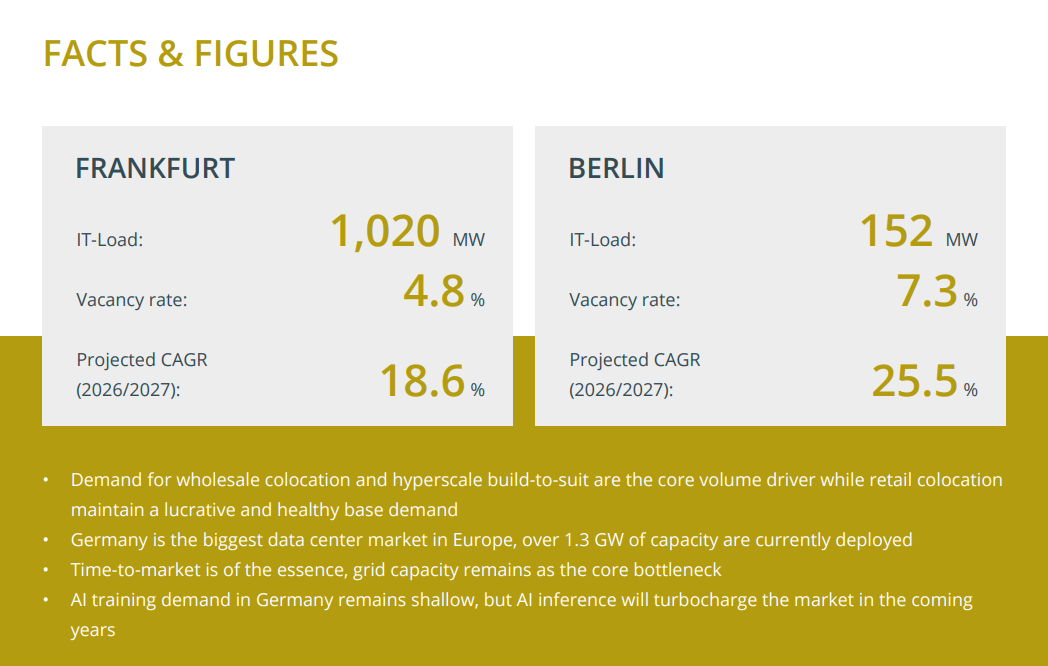
Balancing Power and Land
Continuing to Respond to the Acceleration of AI
Access to the electrical grid remains the key bottleneck for the growth of the data center industry. Constructing new substations, upgrading existing ones, and expanding power transmission infrastructure are time-consuming processes, further complicated by supply chain and labor constraints that limit grid operators’ capacity. As a result, lead times for new connections often exceed five years in core locations such as Frankfurt and Amsterdam. At the same time, grid operators are inundated with preliminary power requests, many of which are oversized relative to realistic data center needs, including for AI developments. This creates “ghost capacity” that may never be built or used, reducing overall allocation efficiency.
CBRE’s analysis of kVA per square meter across existing and planned data centers identifies a realistic allocation of around 1.9 kVA/sqm. Sites with less than 0.8 kVA/sqm are considered underpowered and are suitable only for future development or incremental expansion. The upper limit is approximately 3.8 kVA/sqm, which also applies to AI training campuses, as even powerful AI clusters generally do not require higher allocations—only AI inference deployments may push these boundaries. Exceeding this limit adds minimal value and risks stranded capacity.
Improving efficiency in power allocation is critical for Germany and Europe to remain competitive globally. Optimizing the grid and aligning power applications with realistic needs is currently the most effective leverage the industry has to enable sustainable growth and maximize the value of available infrastructure.
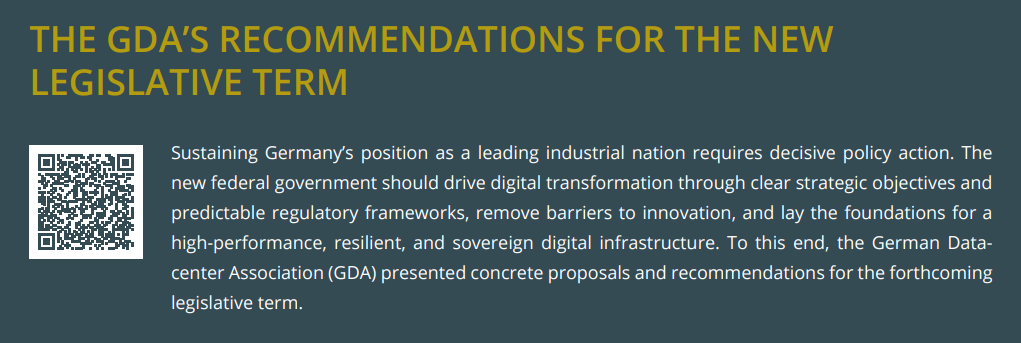
The Voice oft he GDA
impetus for politics and industry
Over the past year, the German Datacenter Association has further expanded its role as the central voice of the data center industry. Through statements, consultation contributions and position papers, the GDA brings its members‘ concerns into the political process – from energy efficiency and grid fees to issues of security of supply. The aim is to create reliable framework conditions for sustainable growth and to highlight the importance of data centers for digitalisation, the economy and society. The Datacenter Outlook Germany 2024/25 provides an overview of the GDA’s most important statements and position papers from the past year.


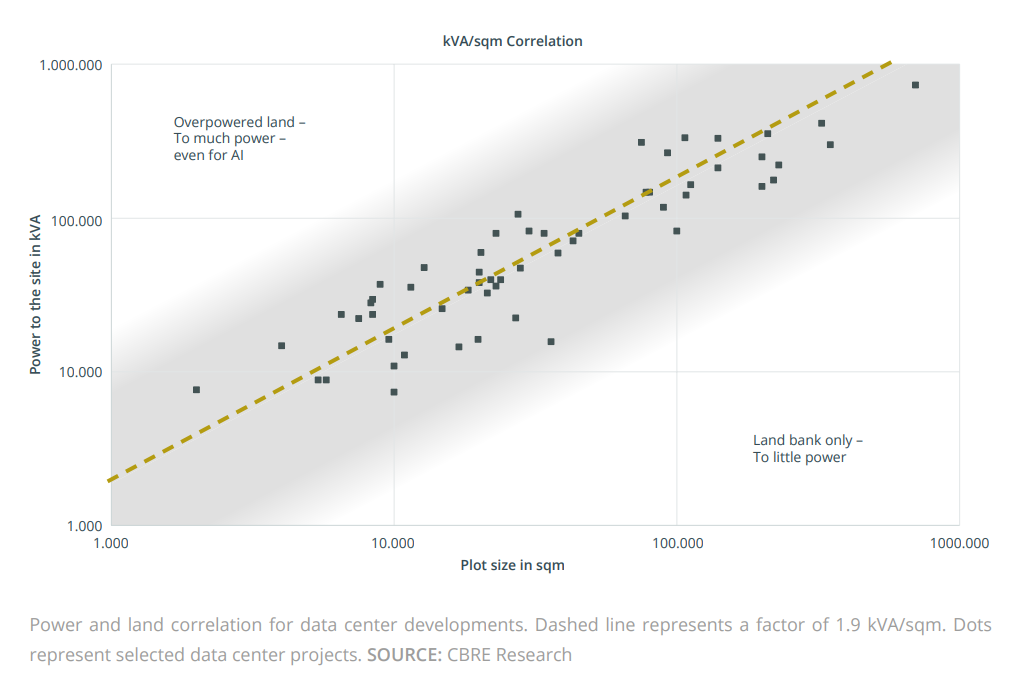
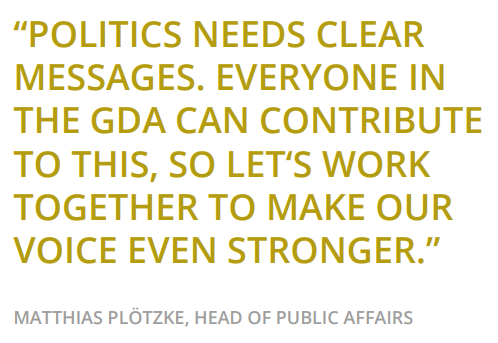


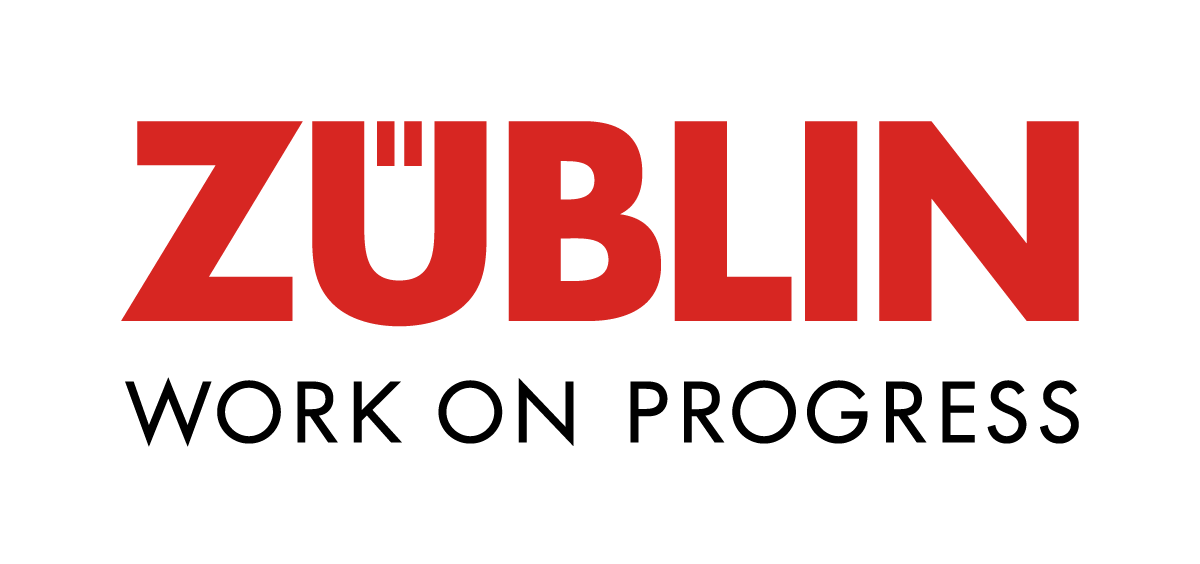

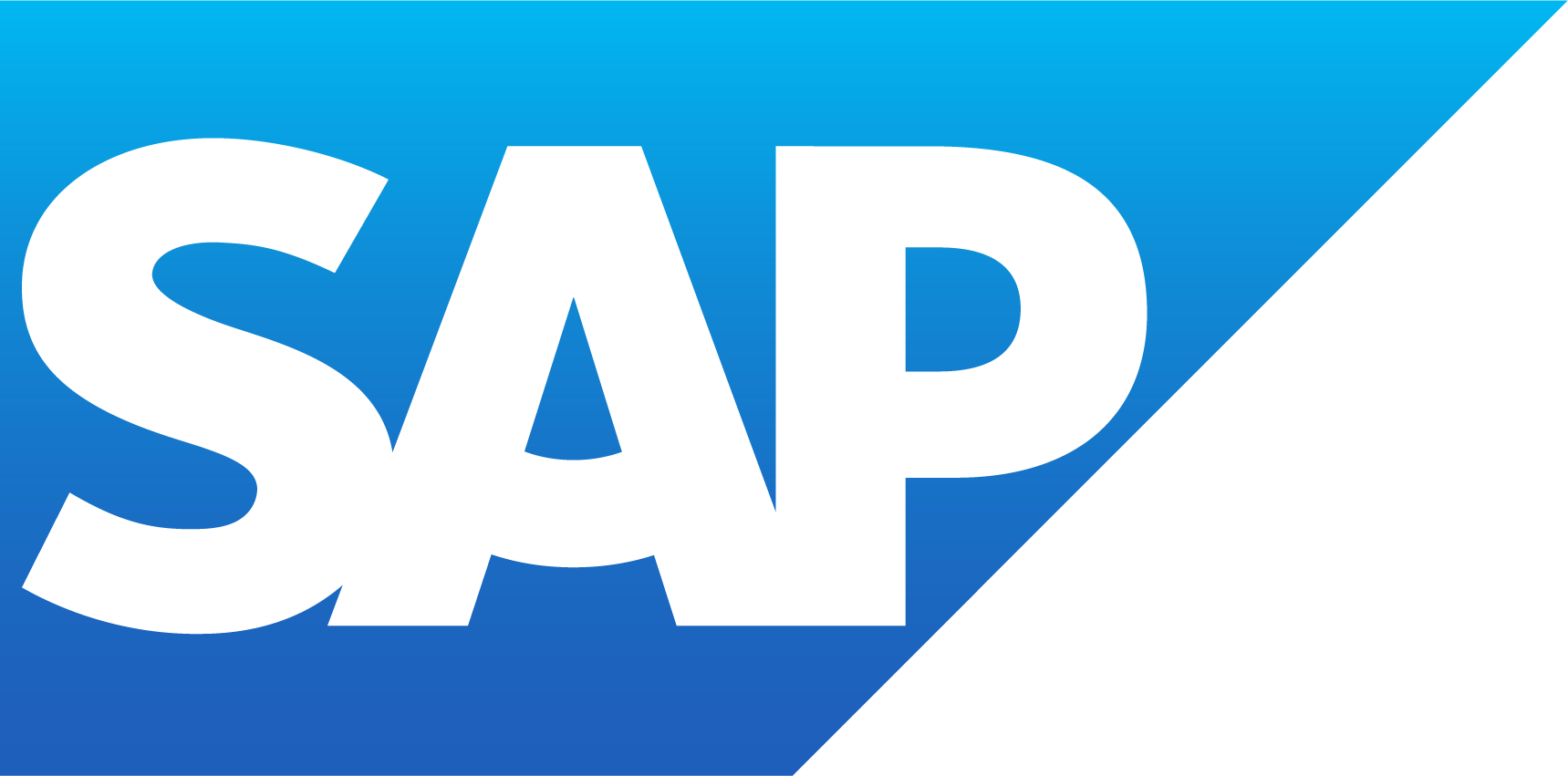
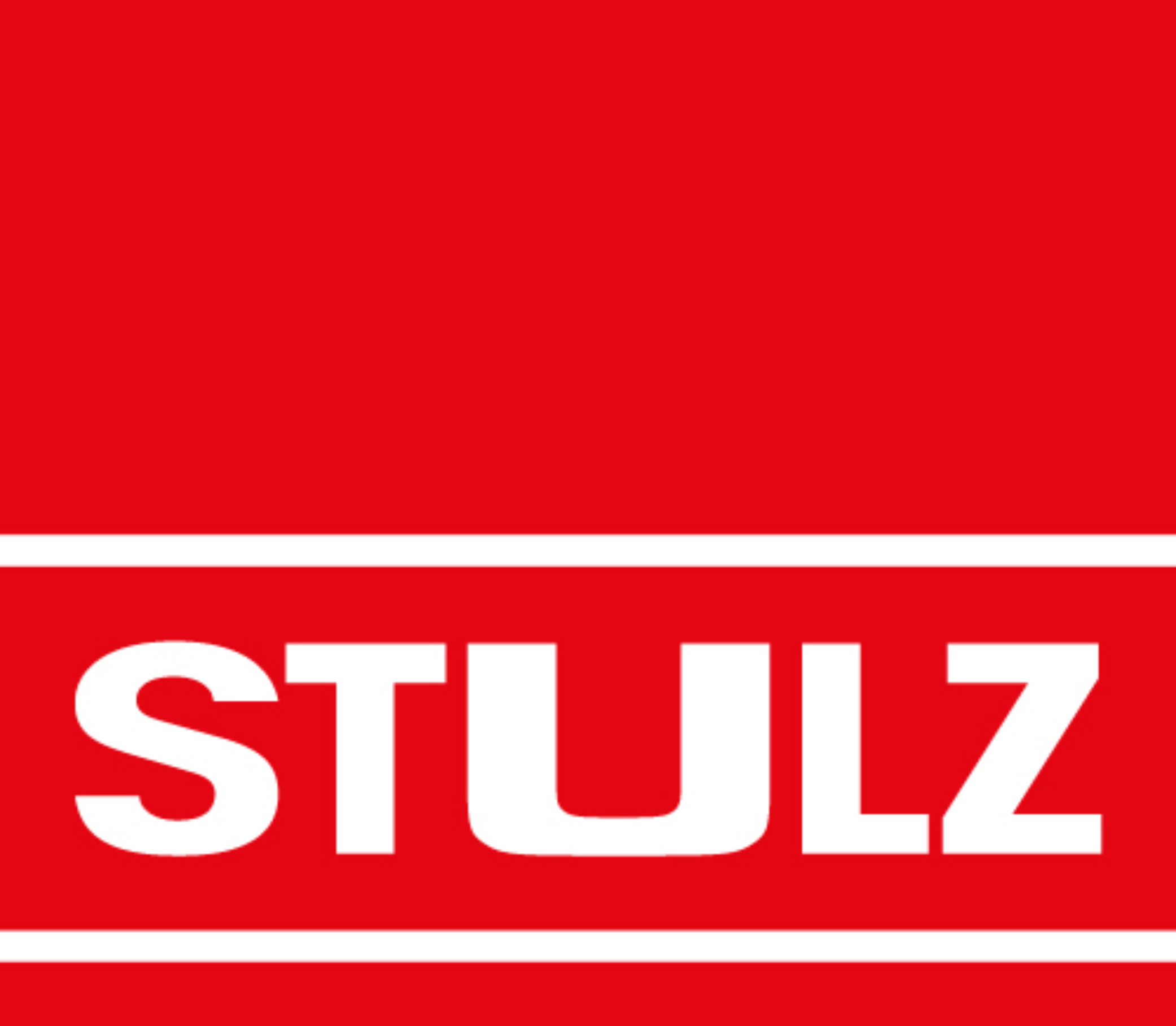



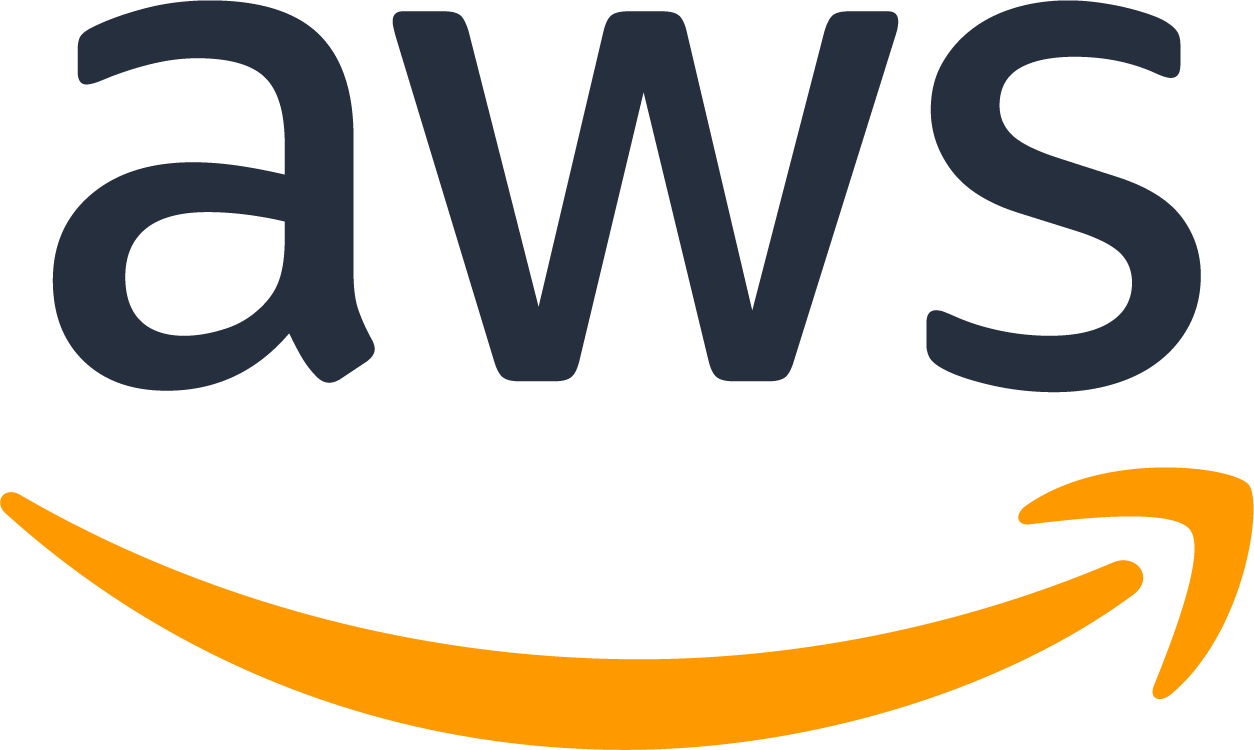

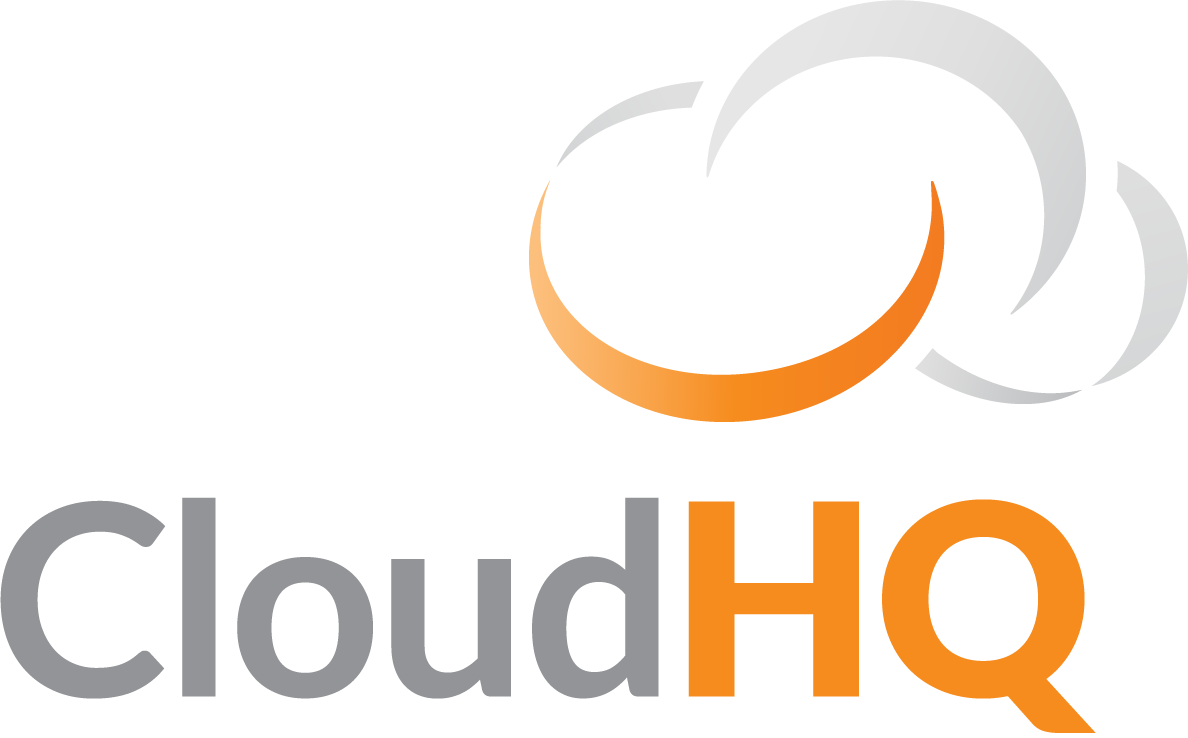
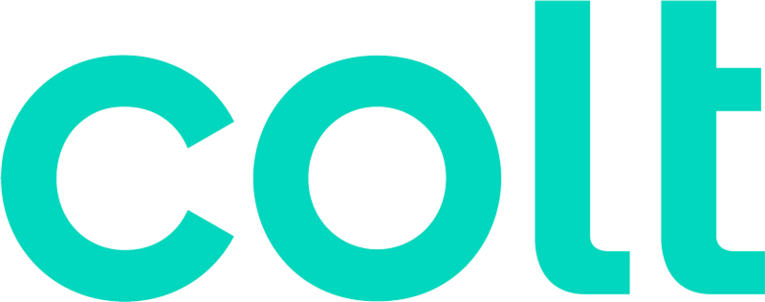
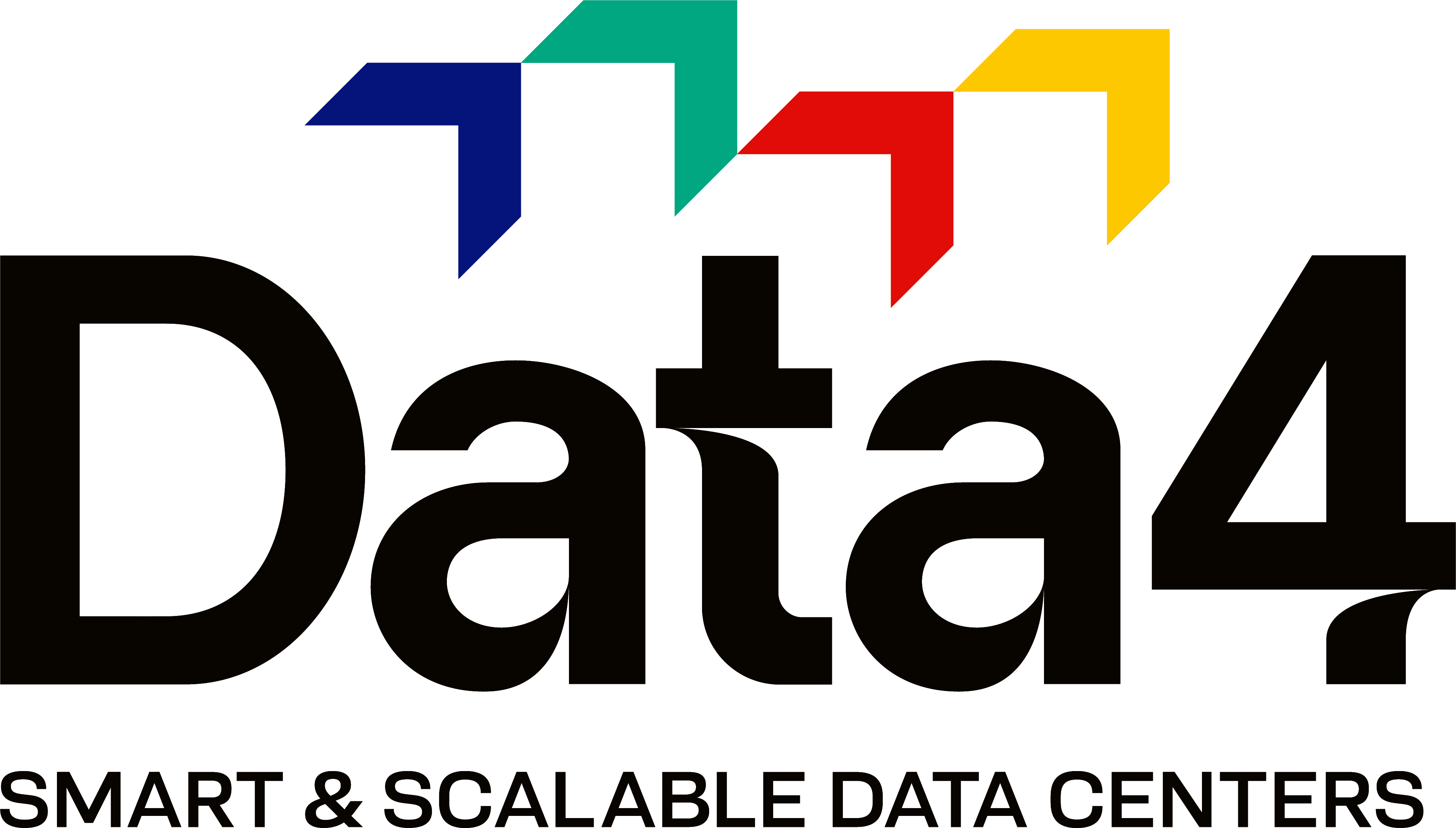


![[Translate to Englisch:] Equinix](/fileadmin/images/logos/EQIX-CircleR-RGB__1_.png)



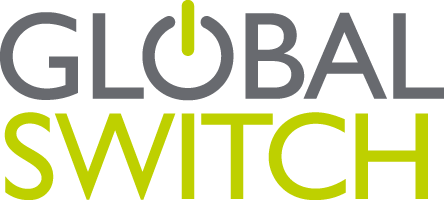
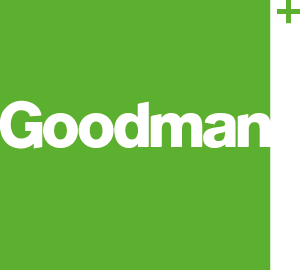

![[Translate to Englisch:] GRASS-MERKUR GmbH & Co. KG](/fileadmin/images/logos/GrassMerkur-1.png)

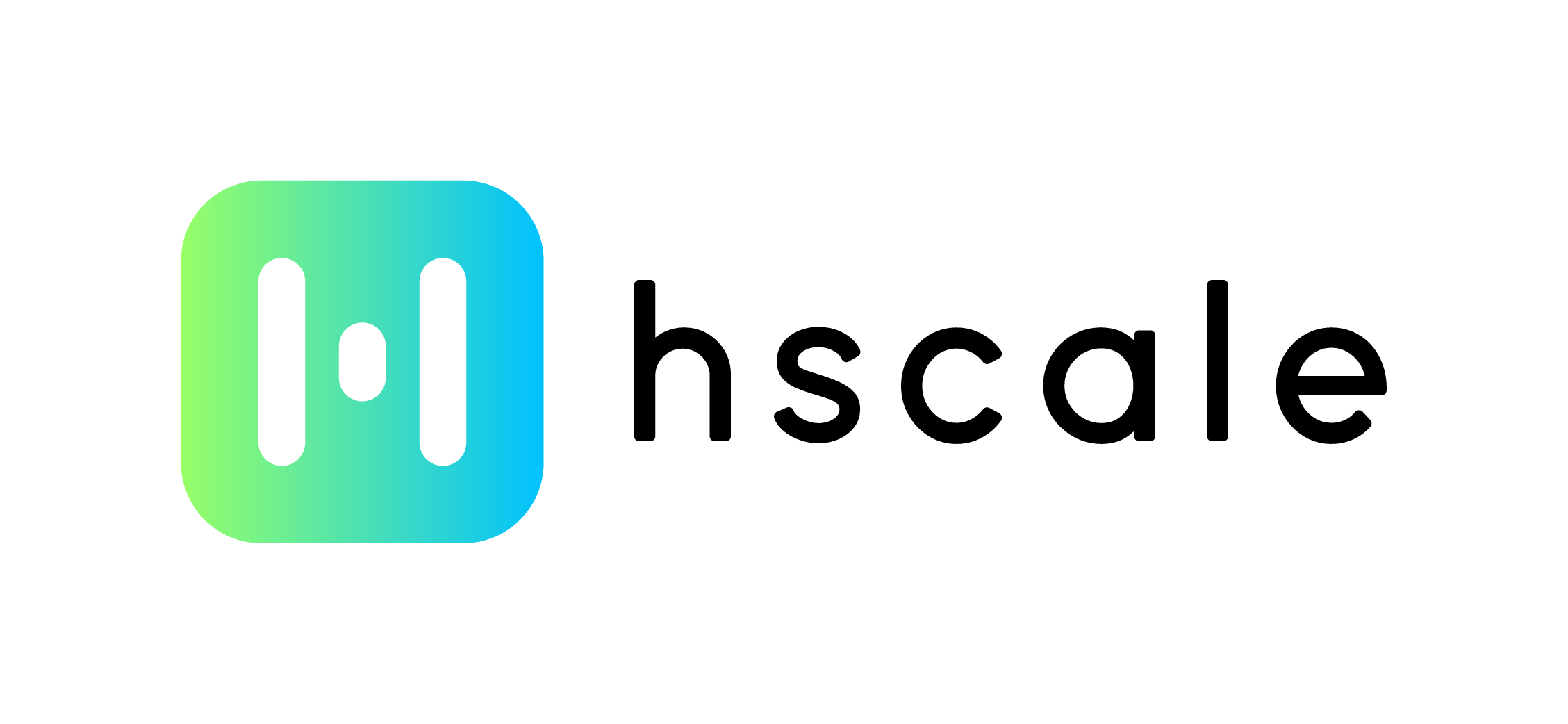

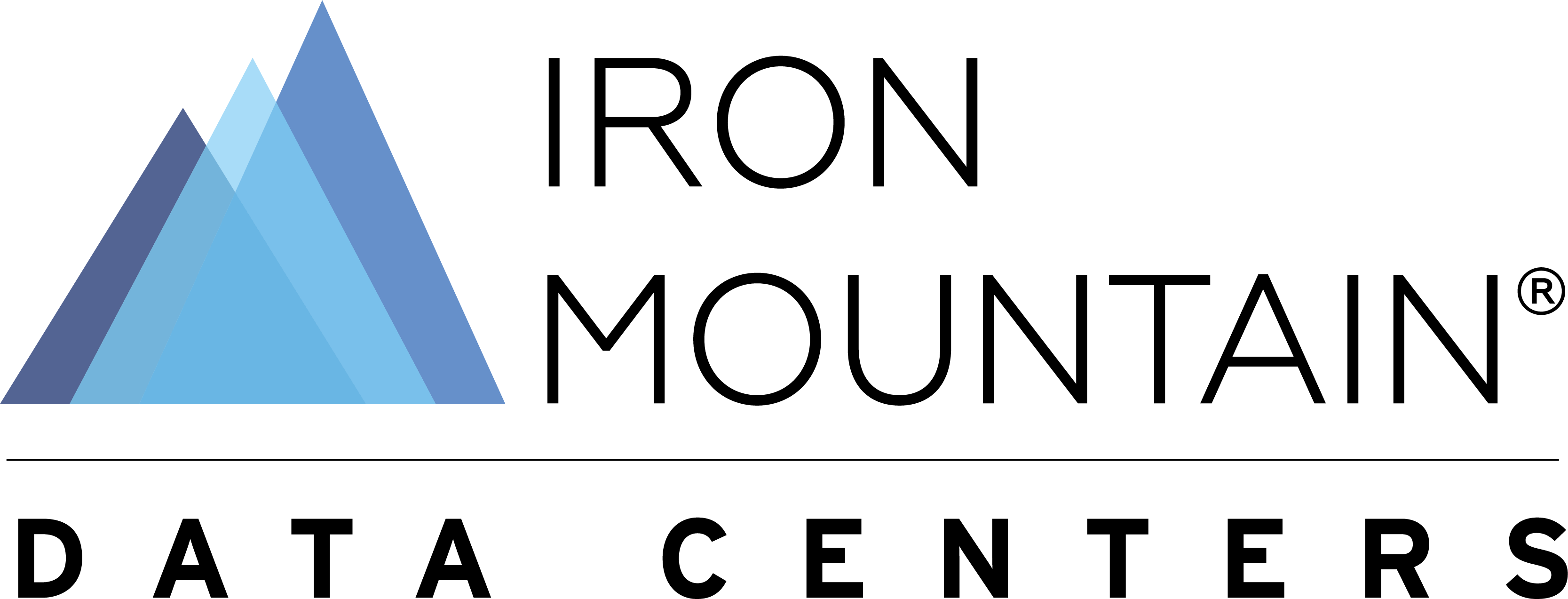
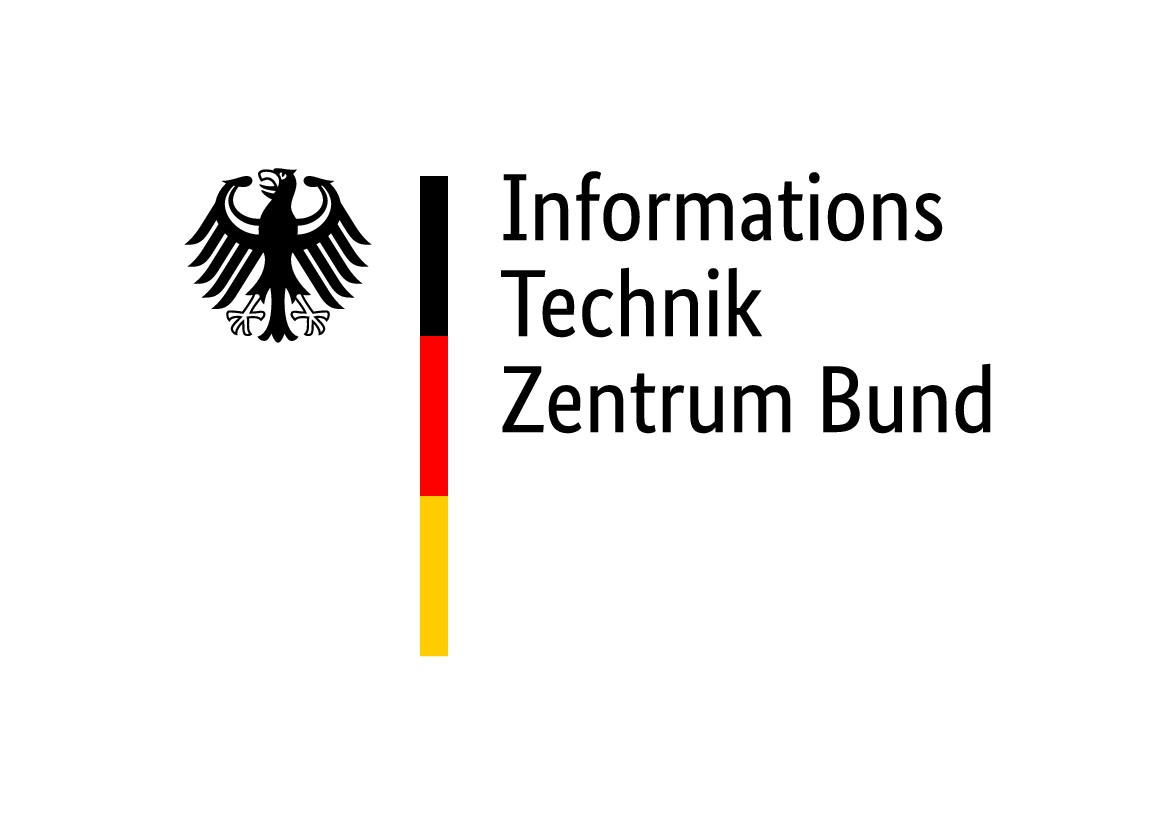

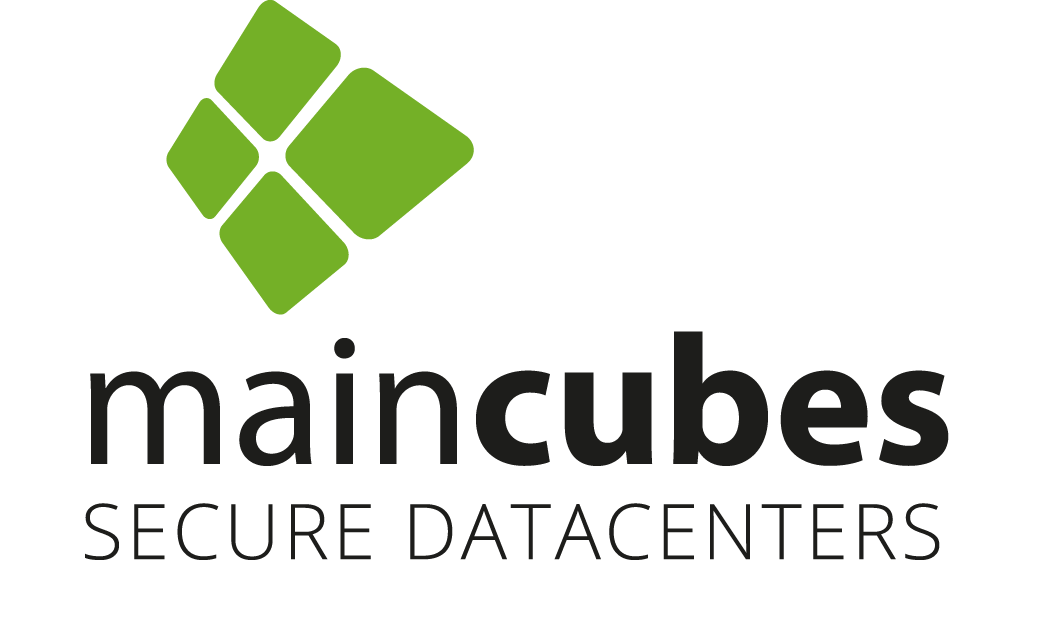
![[Translate to Englisch:] Mainova Webhouse GmbH & Co. KG](/fileadmin/images/logos/200917_MNV_WebHouse_RGB_pos.png)

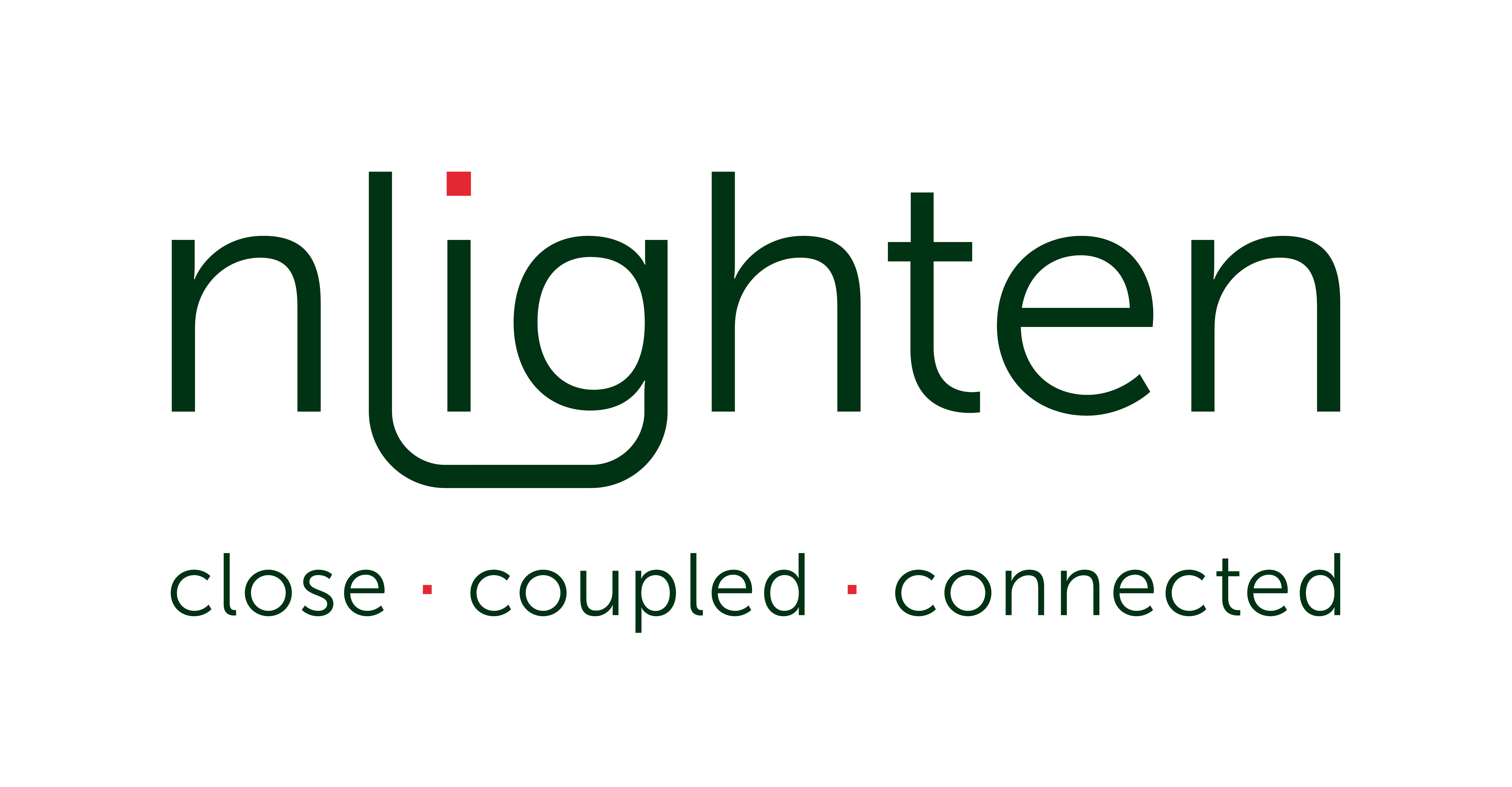



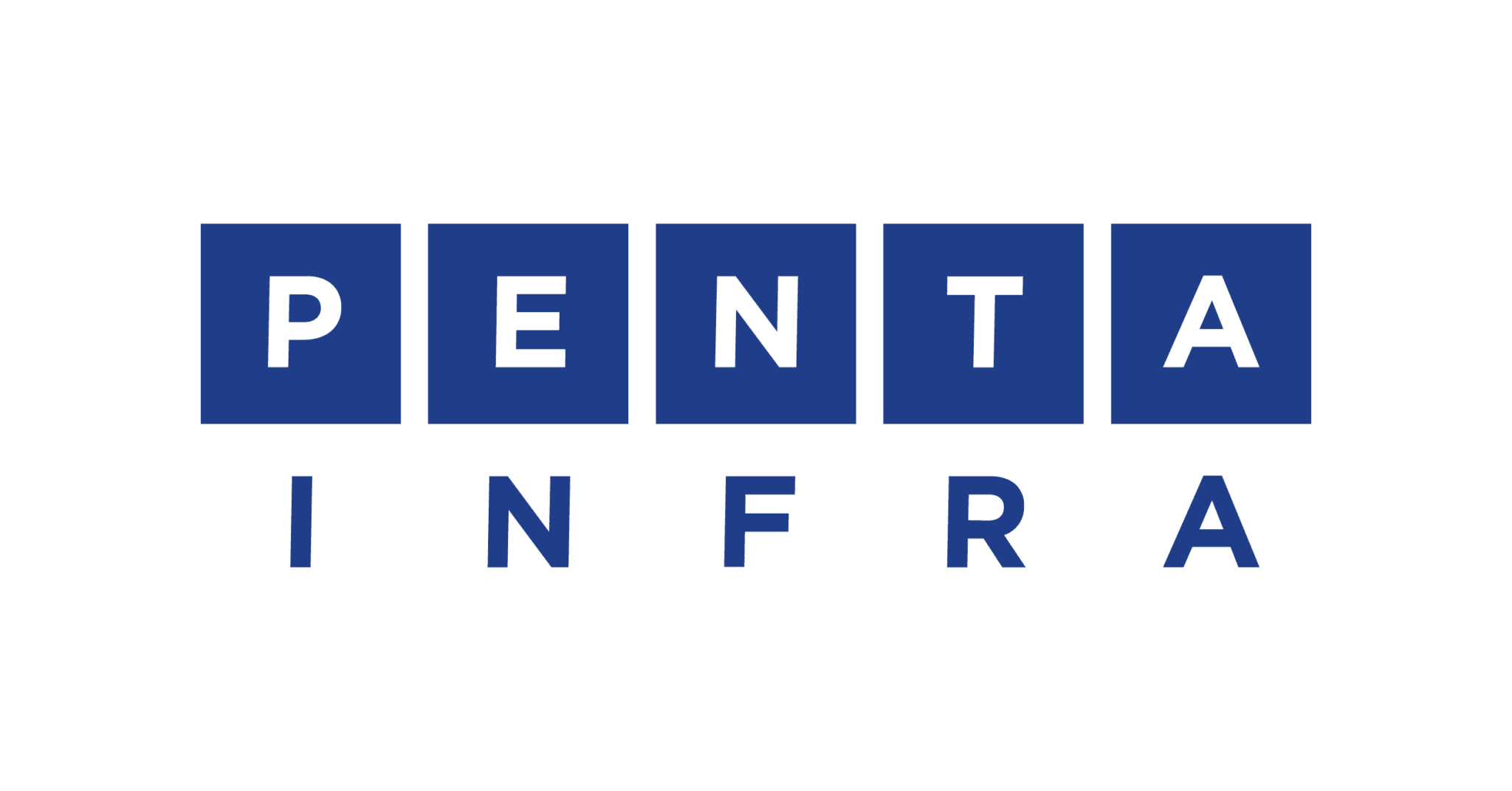

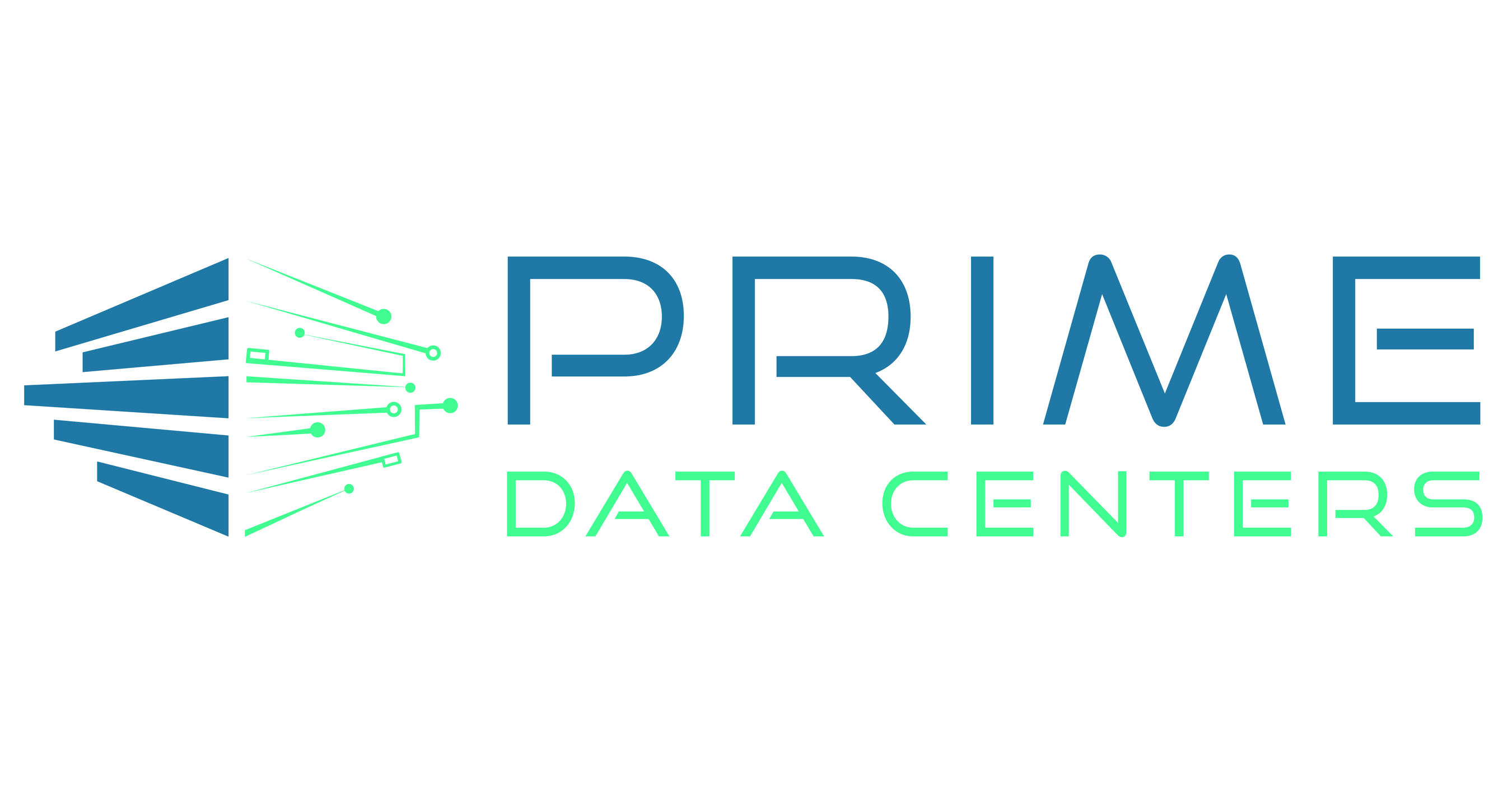

![[Translate to Englisch:] rockenstein AG](/fileadmin/images/logos/rockenstein.png)


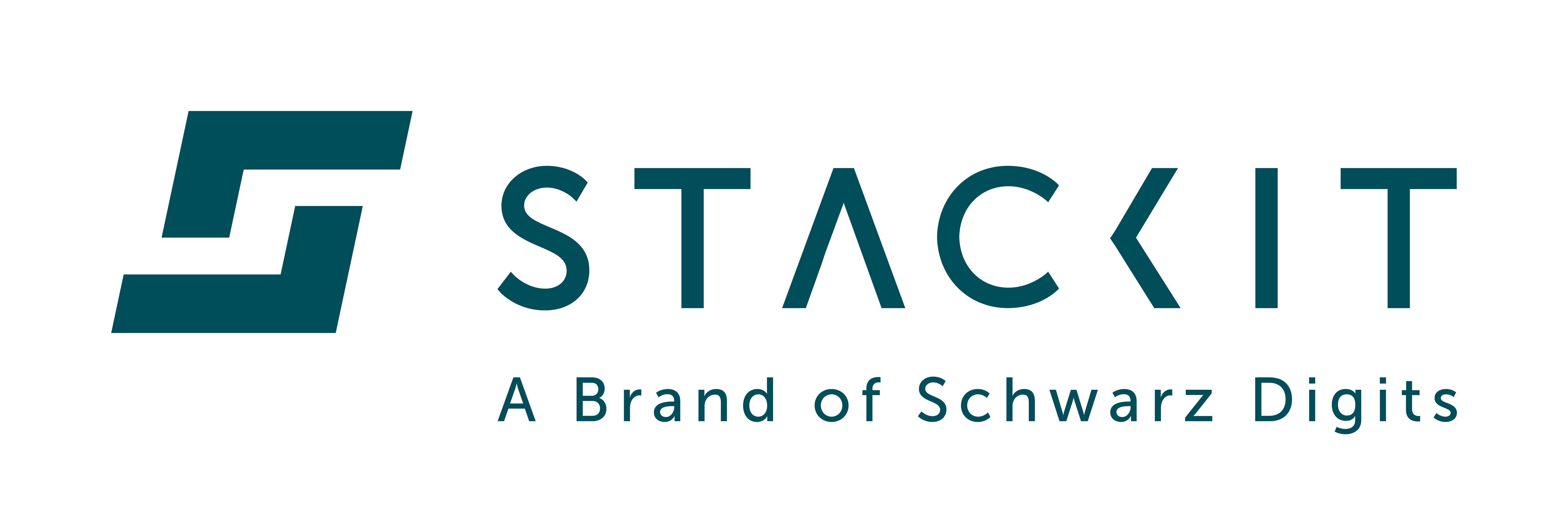
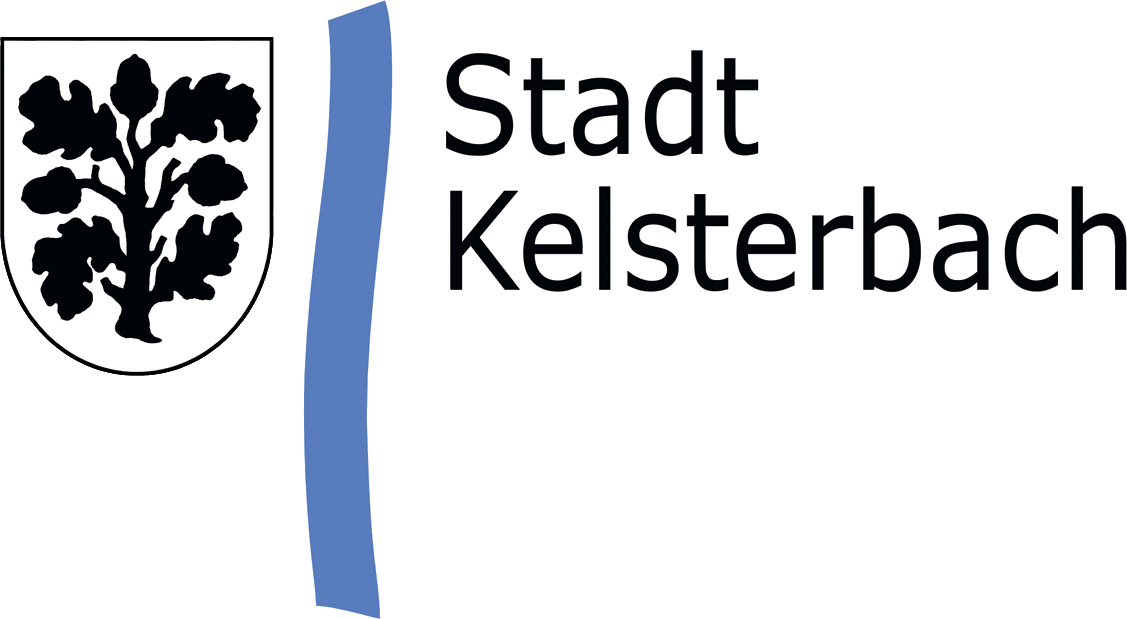
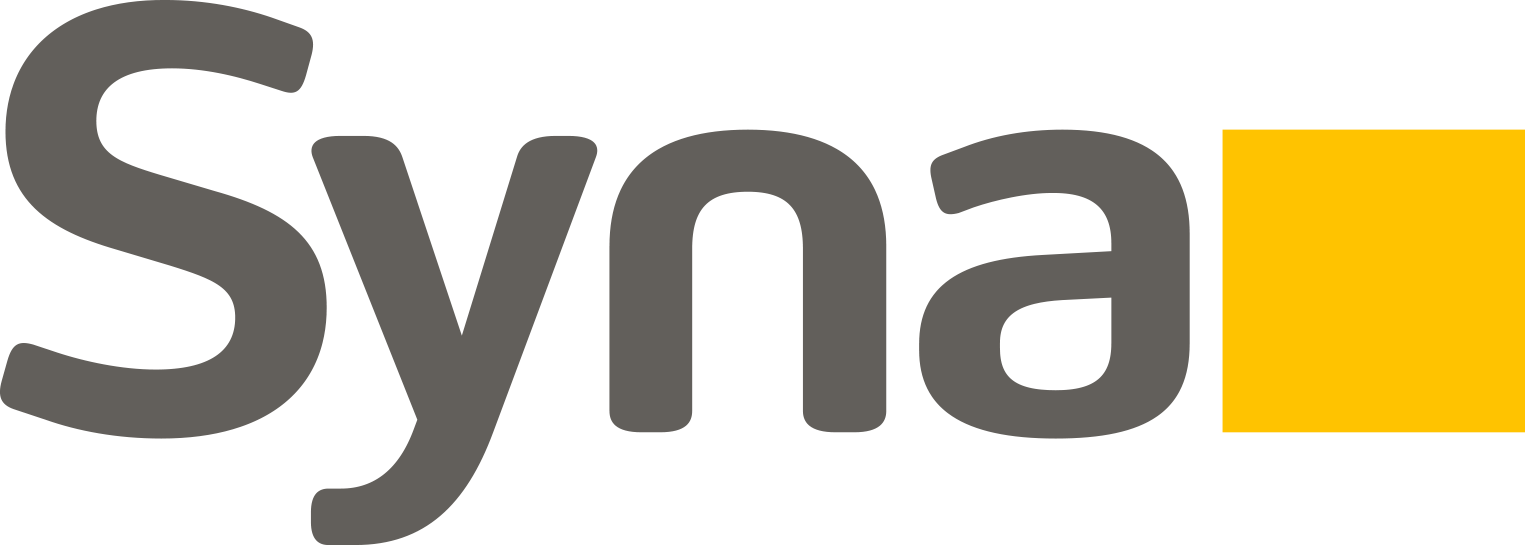
![[Translate to Englisch:] Telehouse Deutschland GmbH](/fileadmin/images/logos/Telehouse_Logo_transparent_CMYK_blau_ohne_slogan.png)
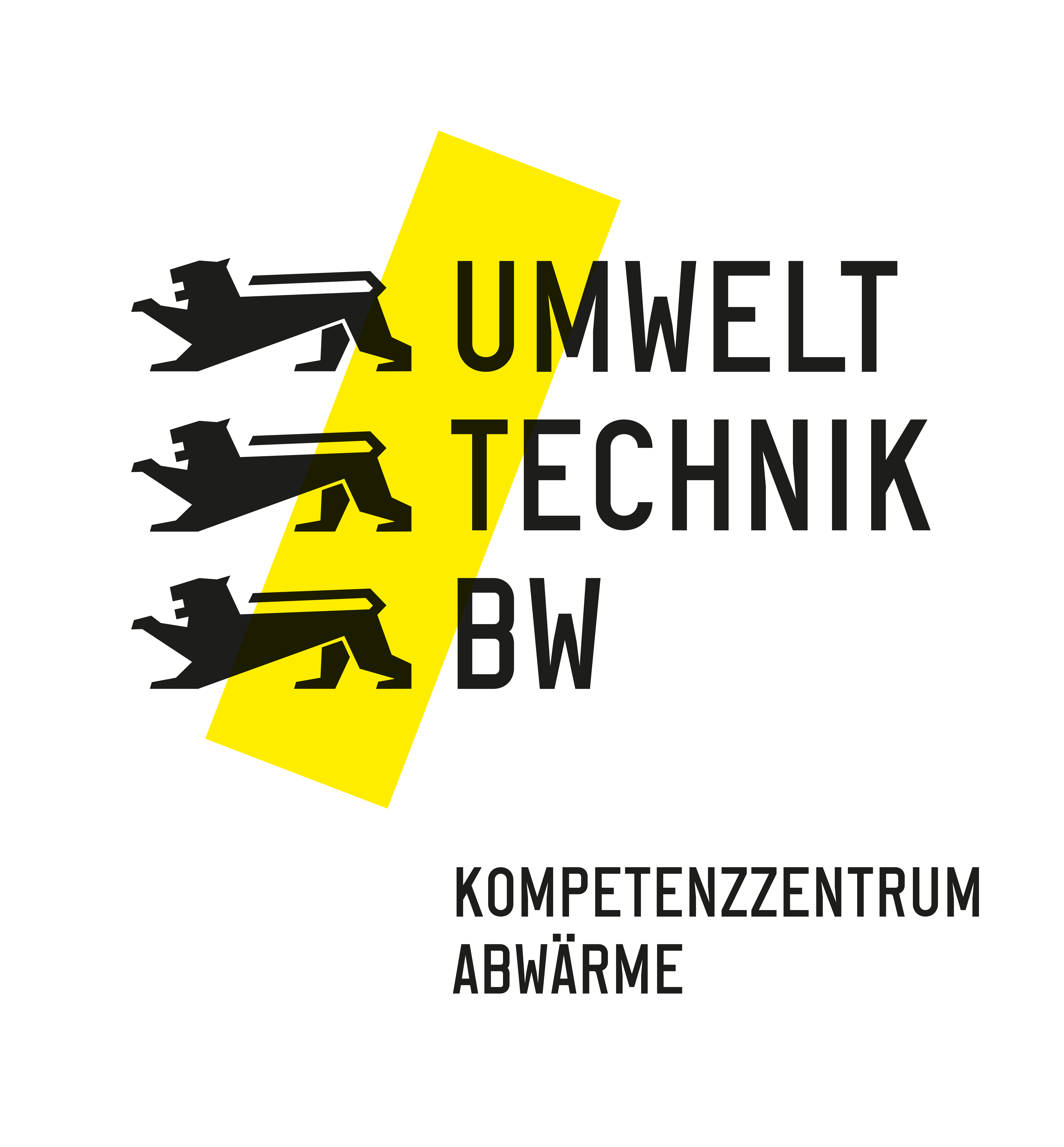
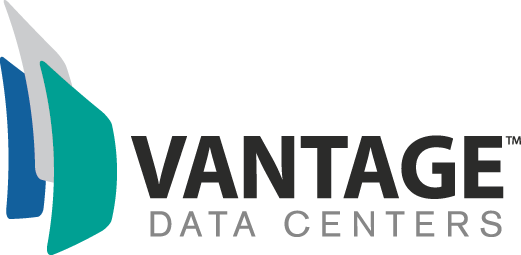
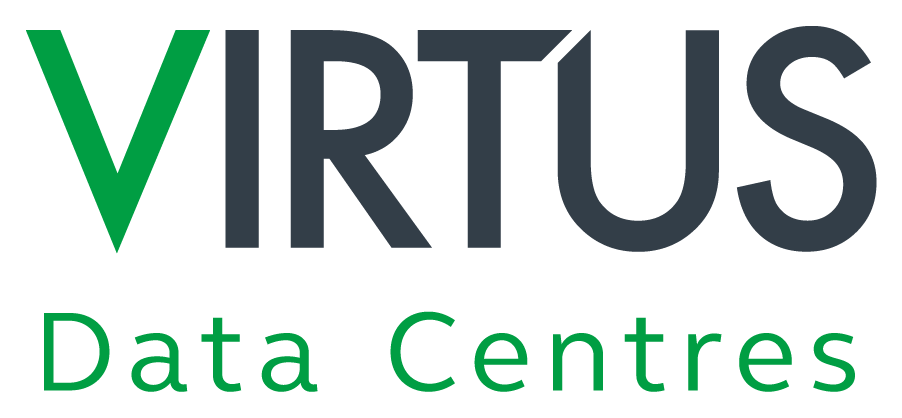

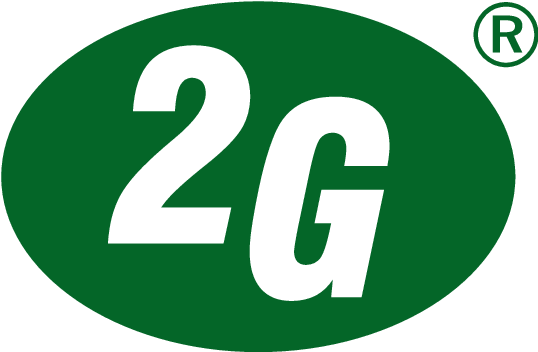

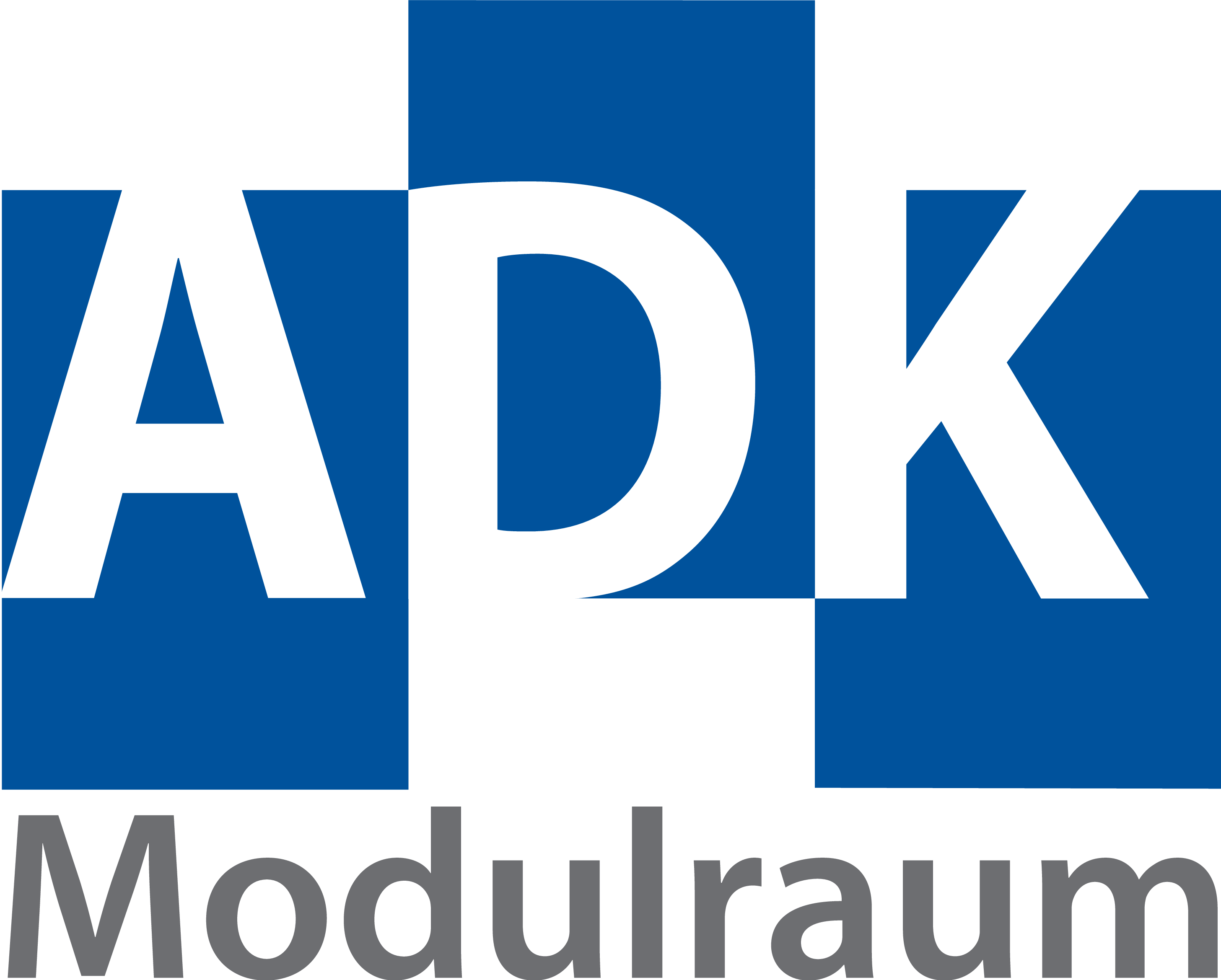
![[Translate to Englisch:] Adolf Lupp GmbH + Co. KG](/fileadmin/images/logos/Lupp-Logo.png)




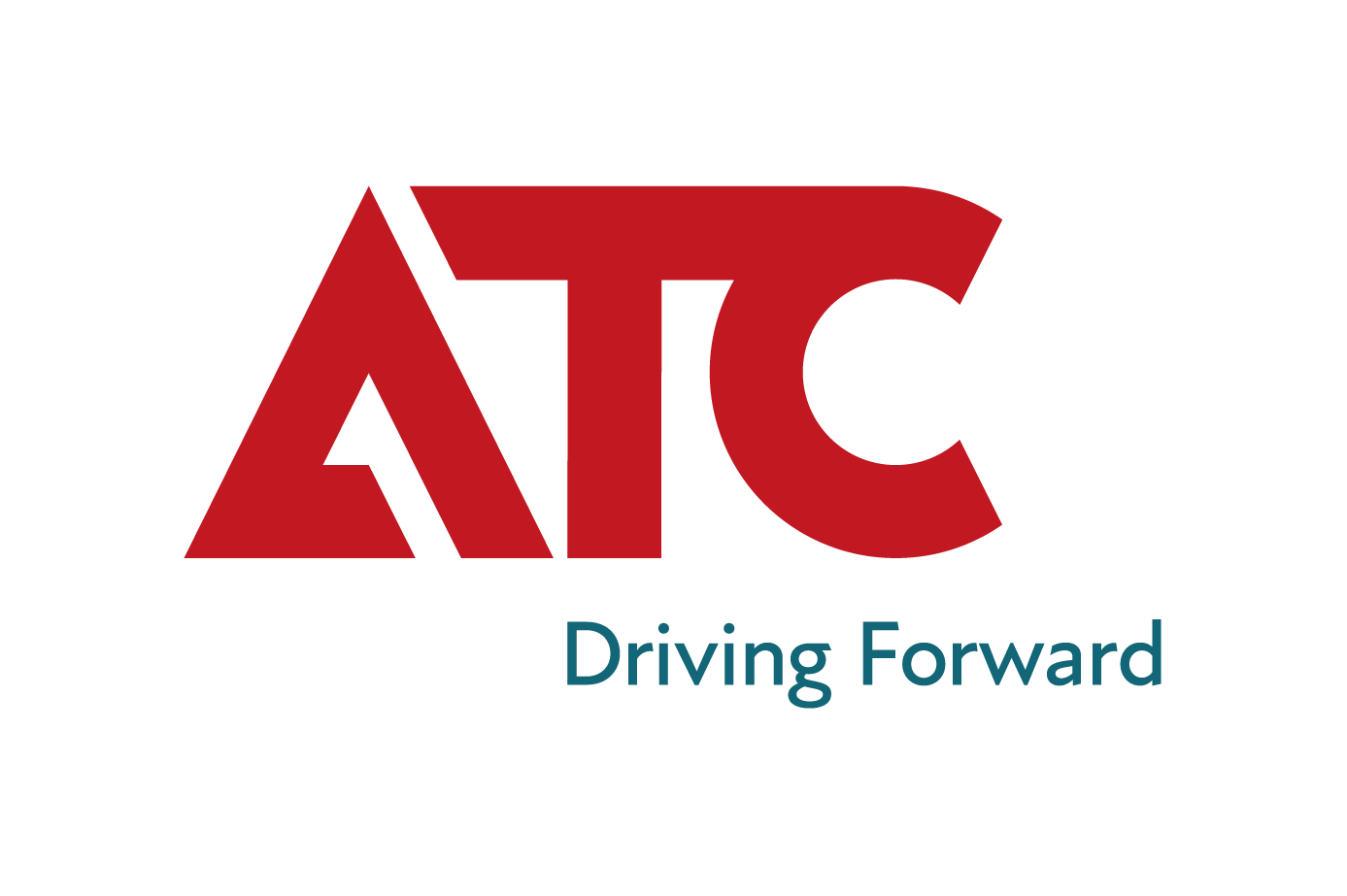
![[Translate to Englisch:] BCS](/fileadmin/images/logos/BCS_logo_RGB_Transparent.png)

![[Translate to Englisch:] Bennbrooke](/fileadmin/images/logos/logo_v3_hex_0085ad.png)

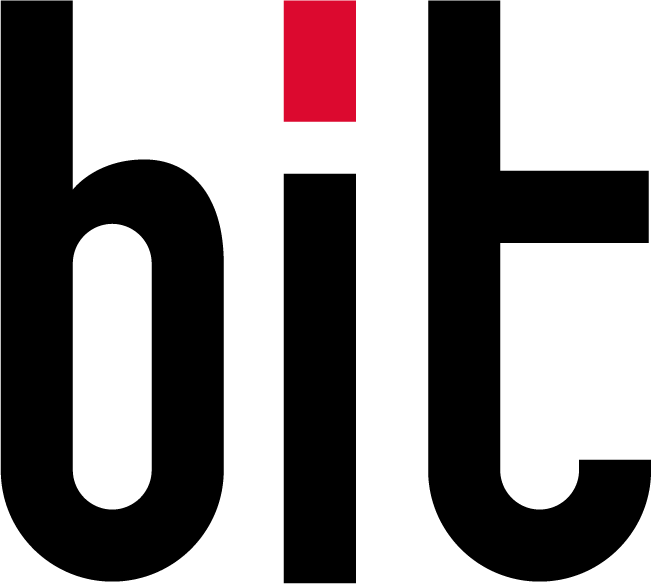


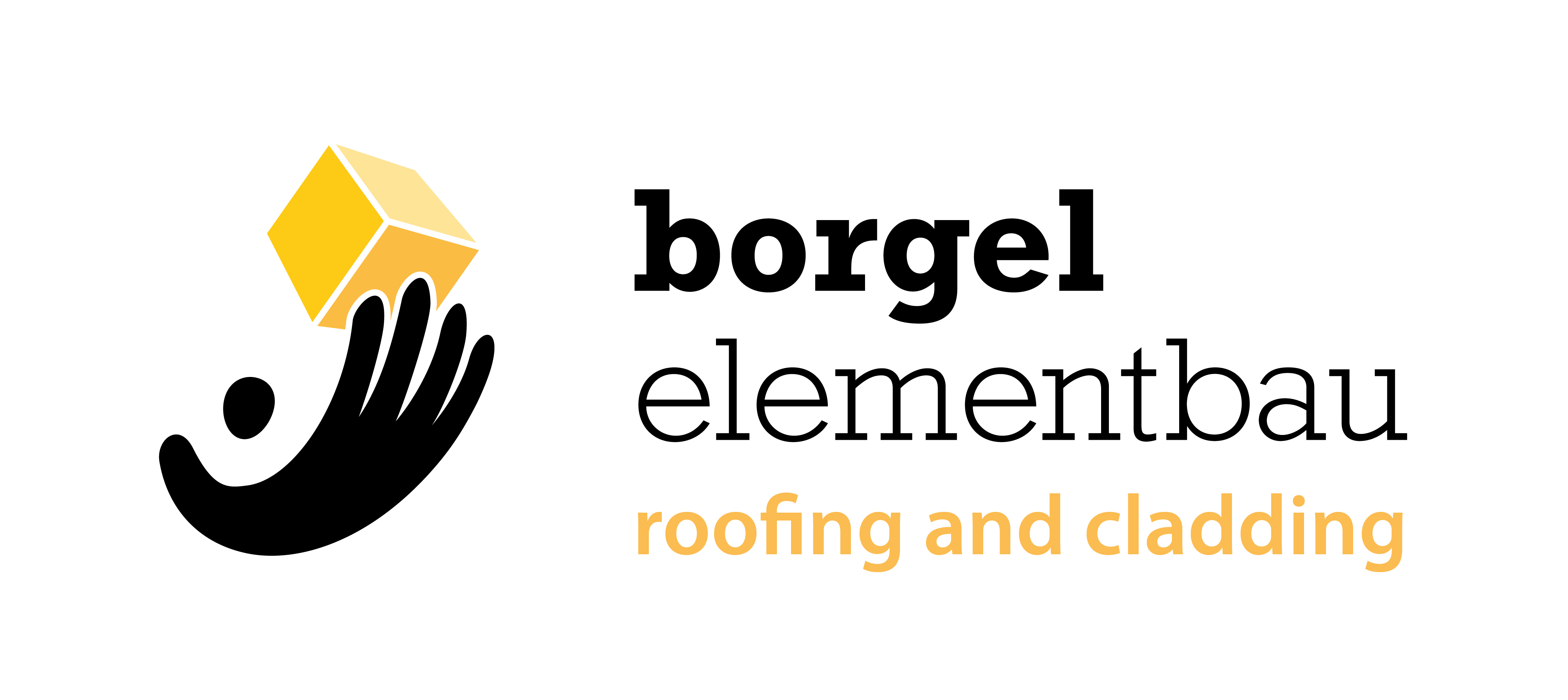

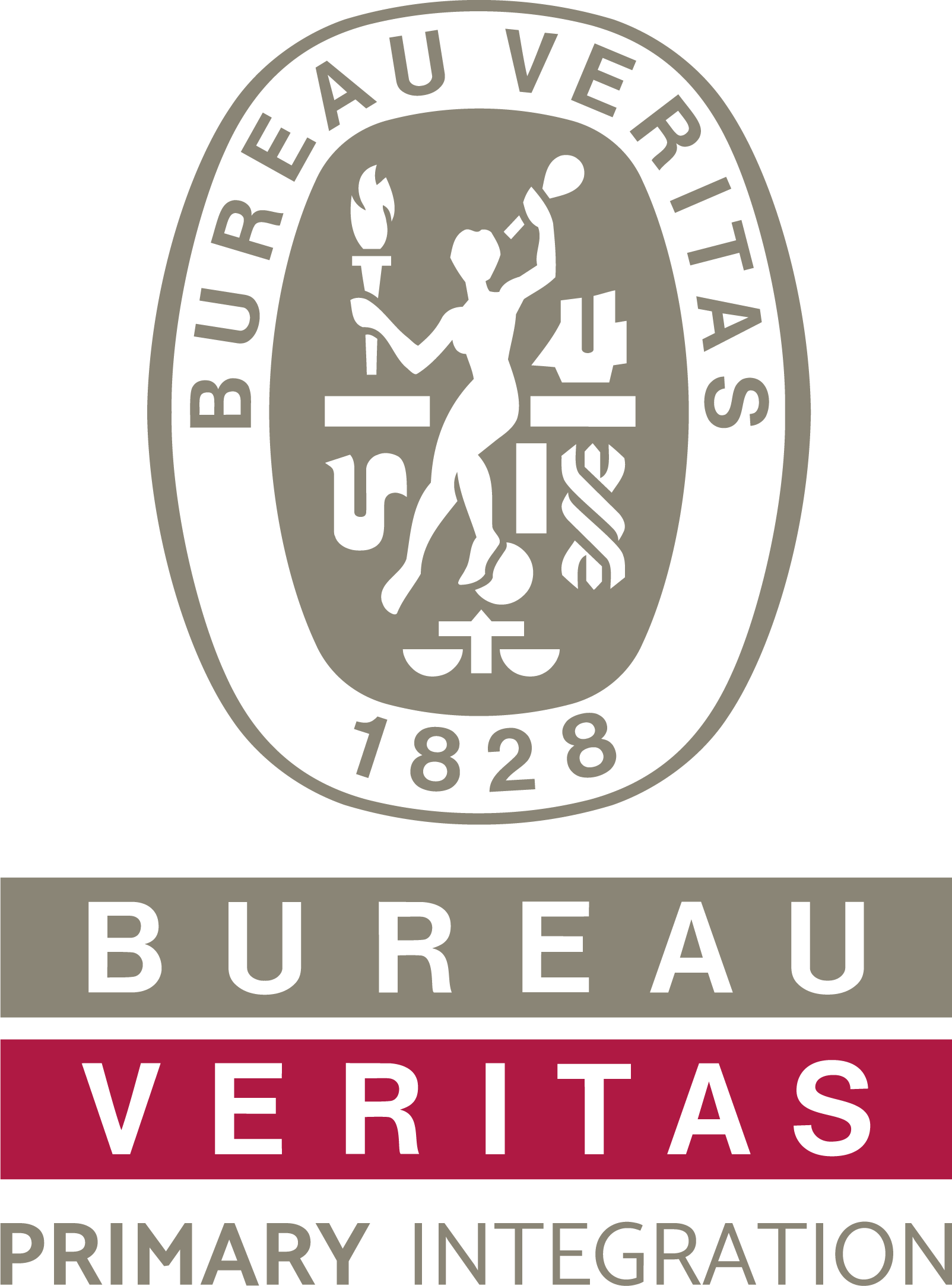
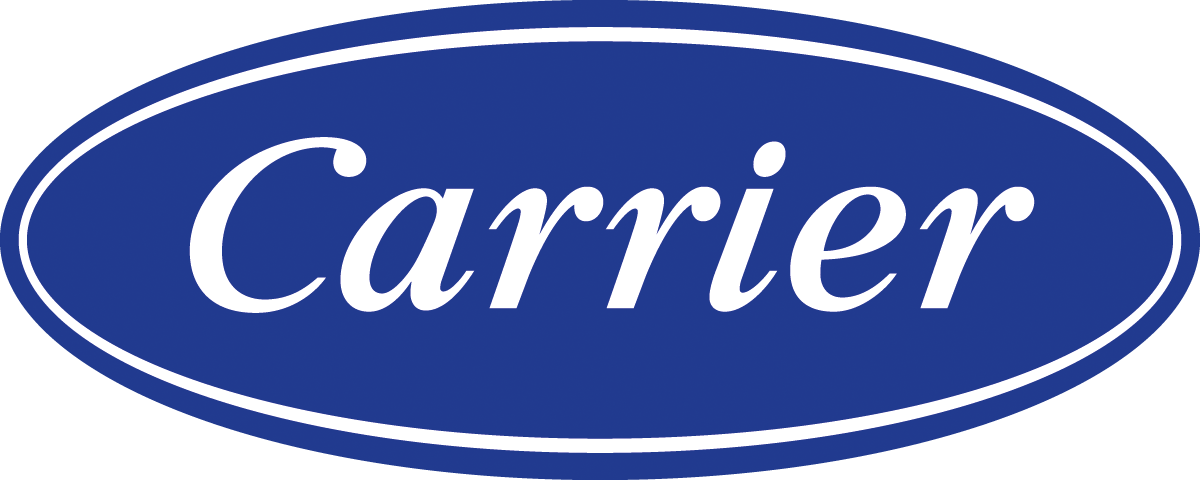
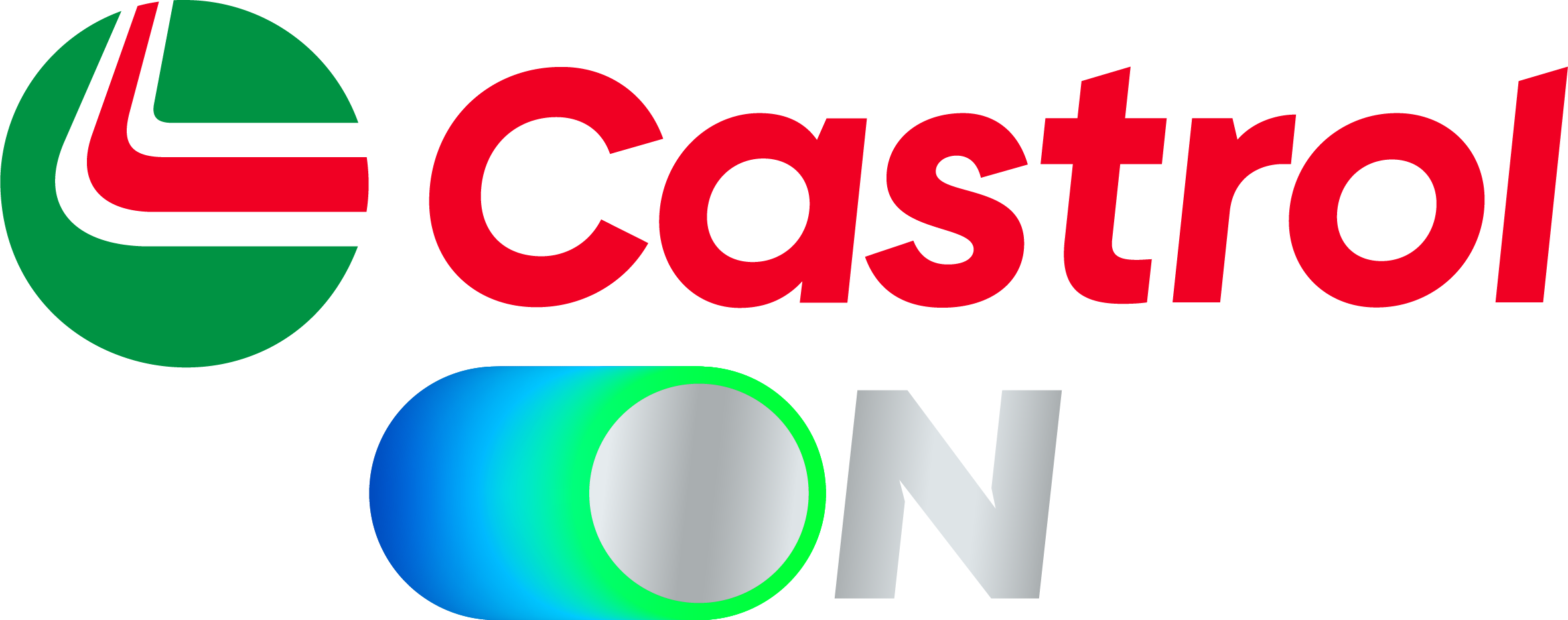





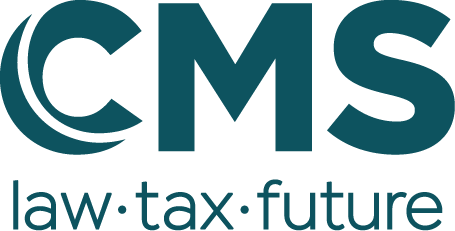
![[Translate to Englisch:] contagi DIGITAL IMPACT GROUP GmbH](/fileadmin/images/logos/contagi_logo.png)
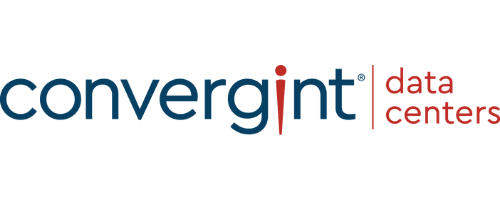
![[Translate to Englisch:] COOLtec Systems GmbH](/fileadmin/images/logos/__COOLtec-Logo-farbig.png)




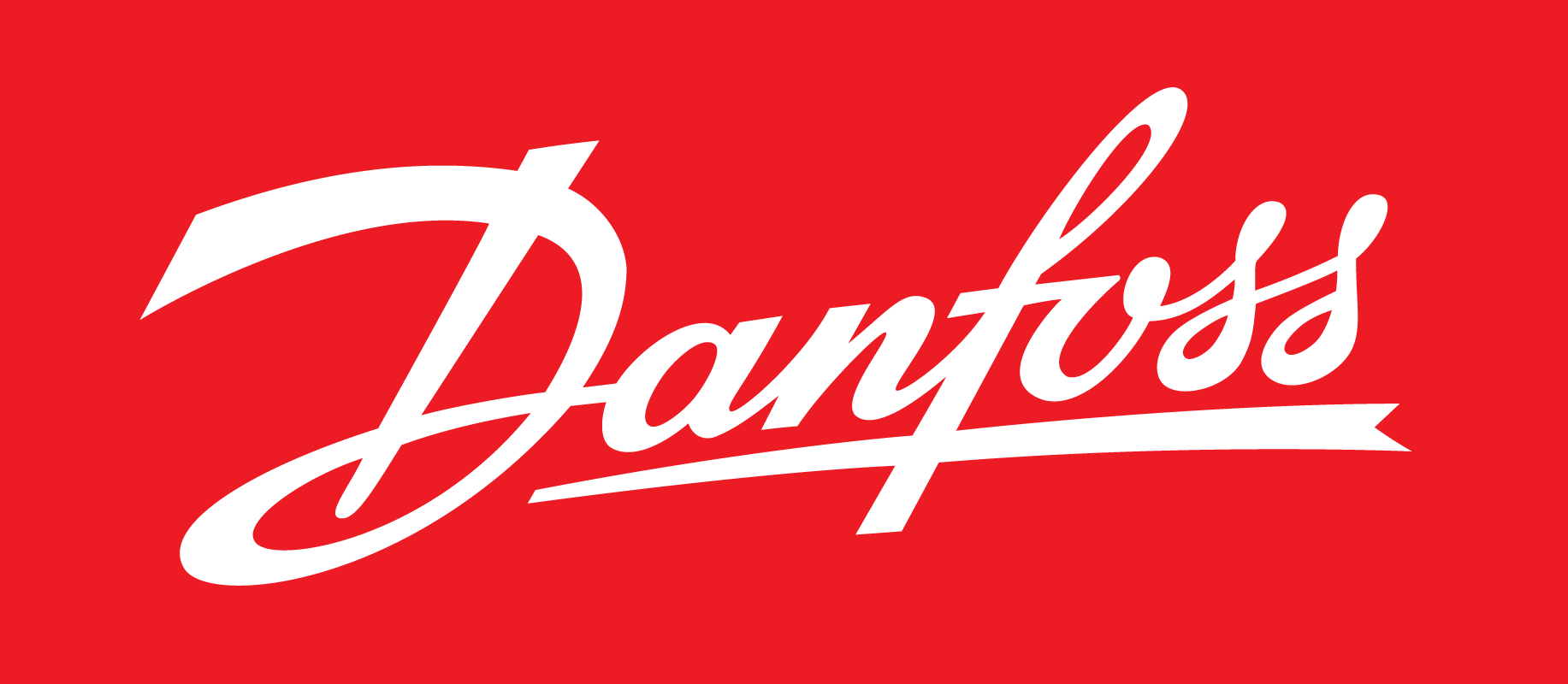


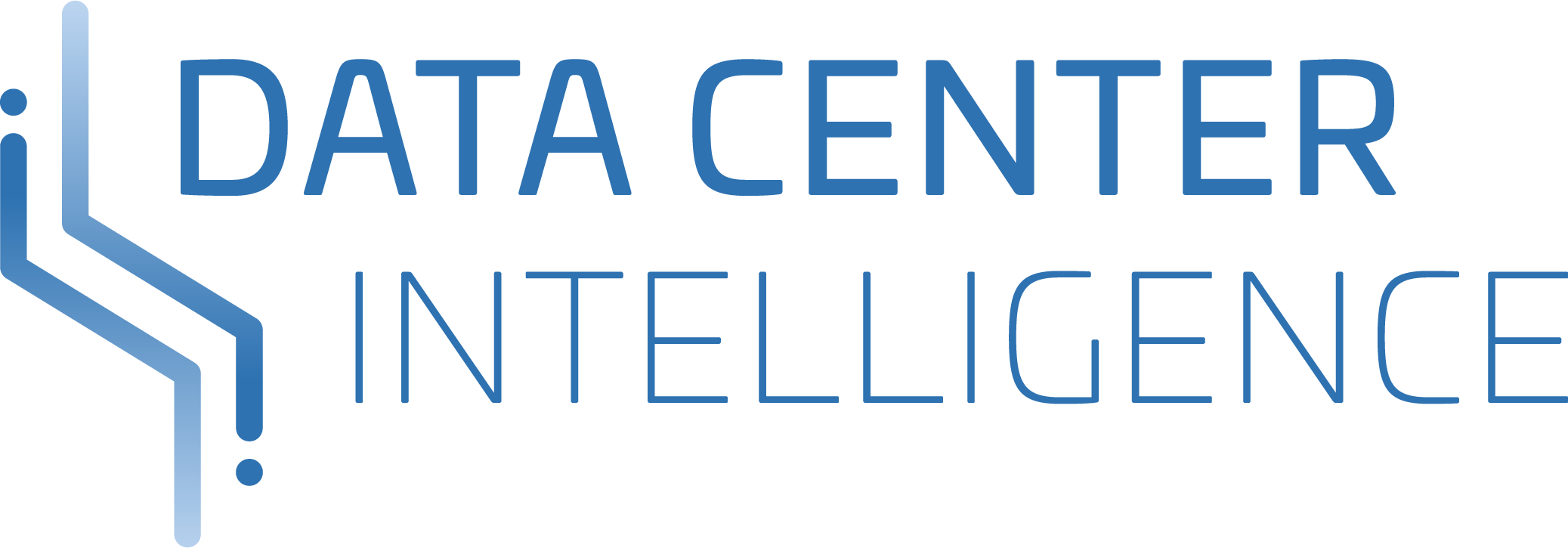

![[Translate to Englisch:] DEIF GmbH](/fileadmin/images/logos/DEIF__color_.jpg)
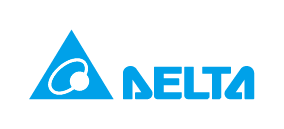
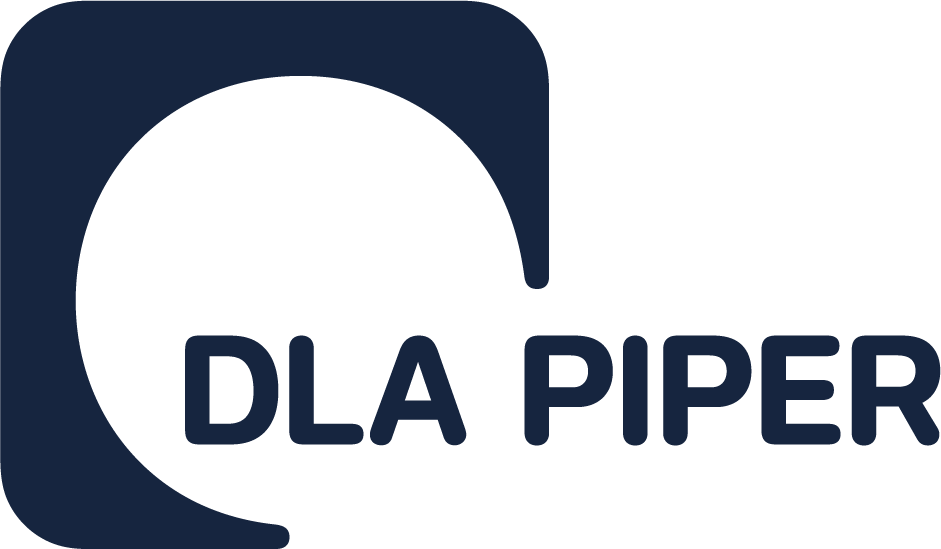
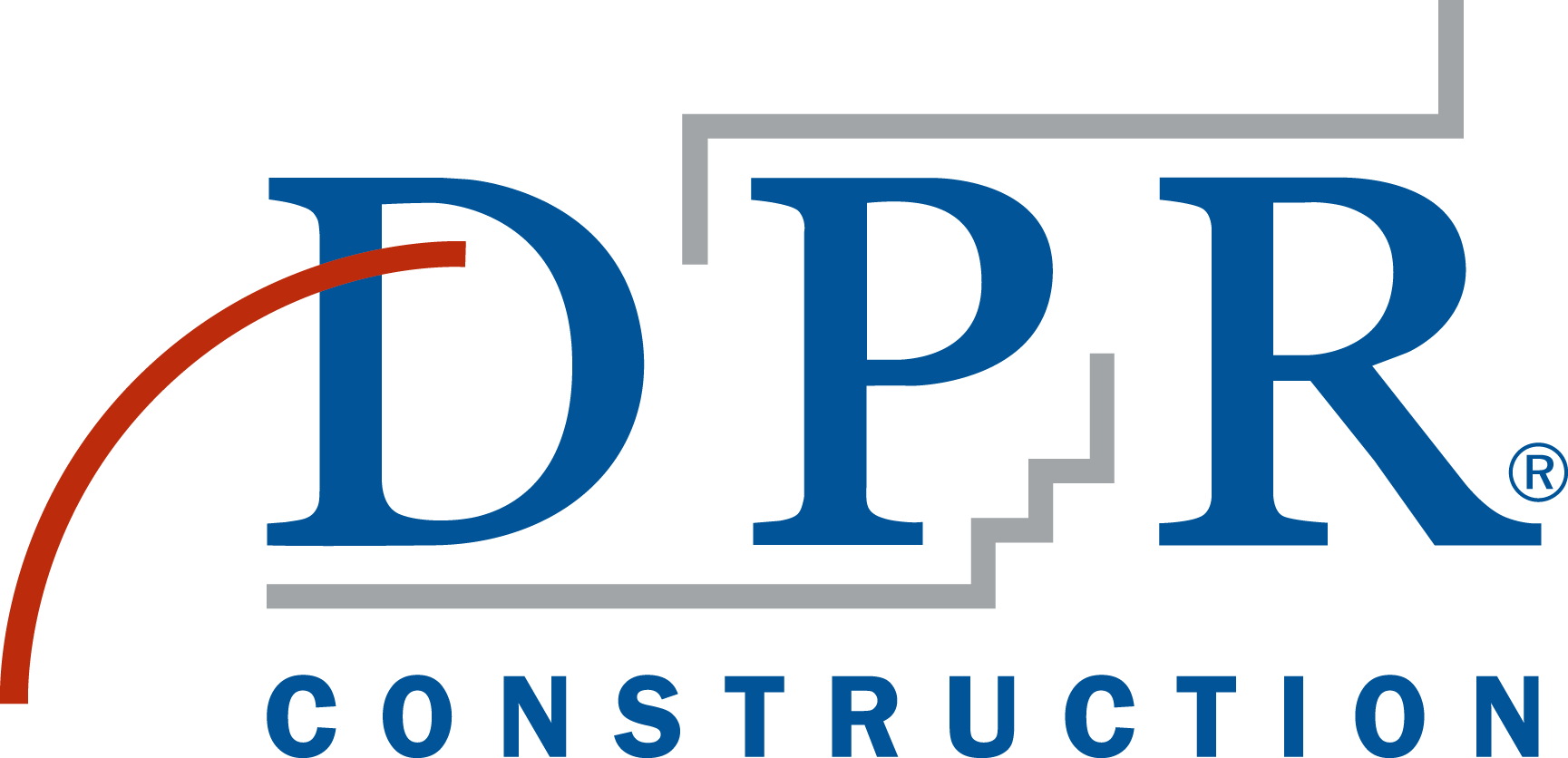
![[Translate to Englisch:] Drees & Sommer](/fileadmin/images/logos/DS_blau.png)


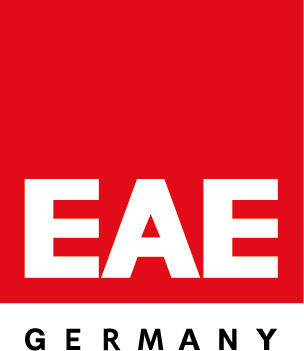
![[Translate to Englisch:] Eaton Electric GmbH](/fileadmin/images/logos/Eaton_Logo.png)



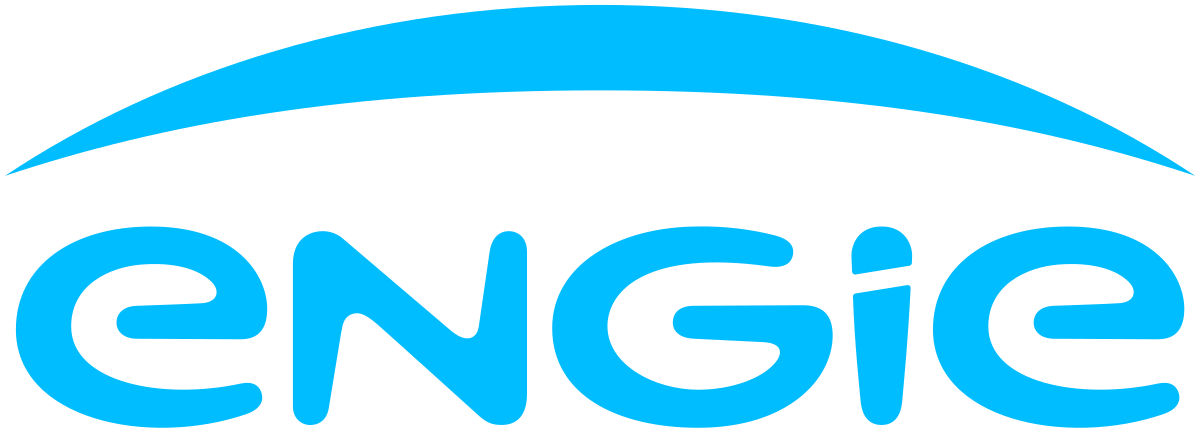
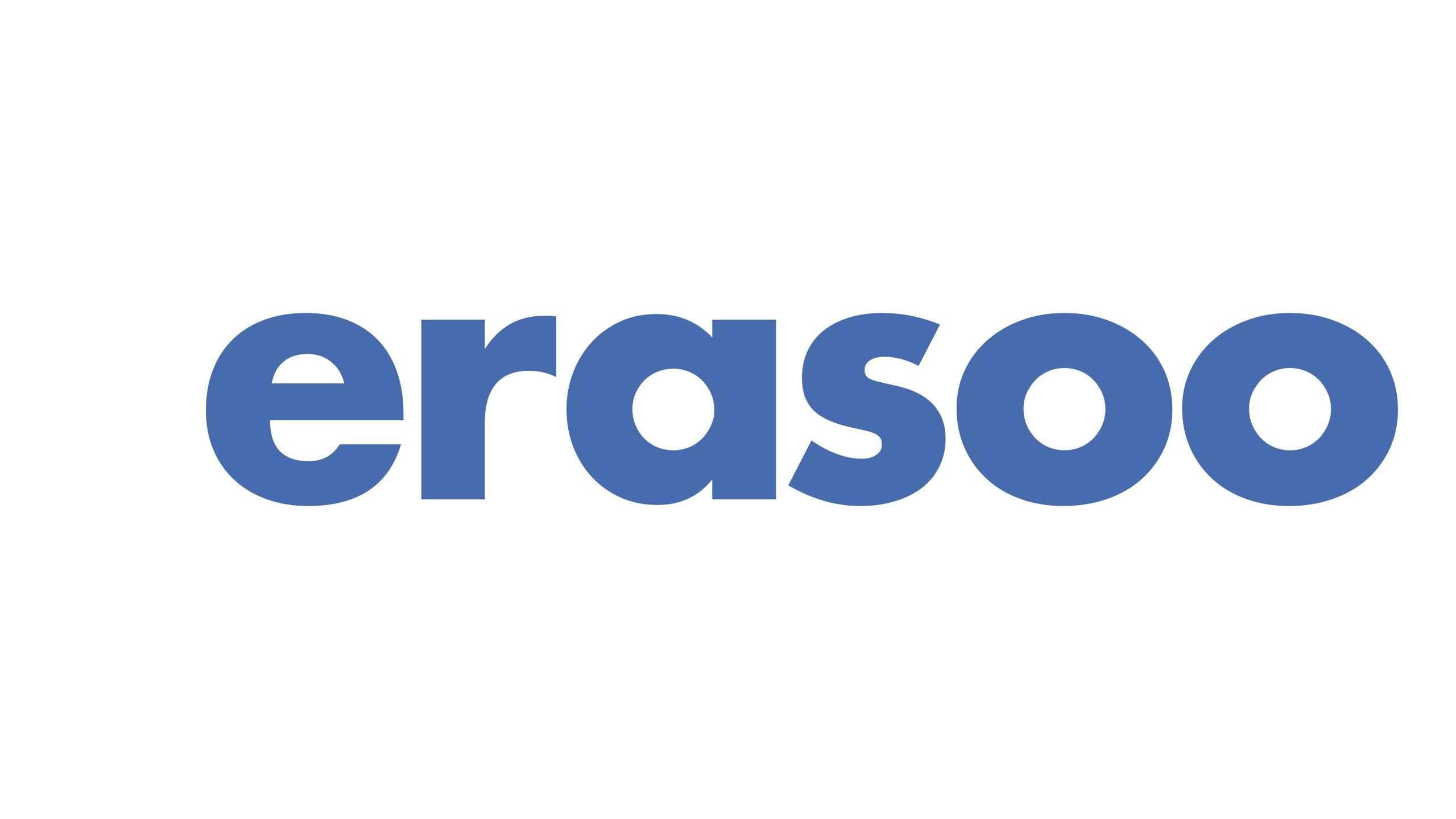


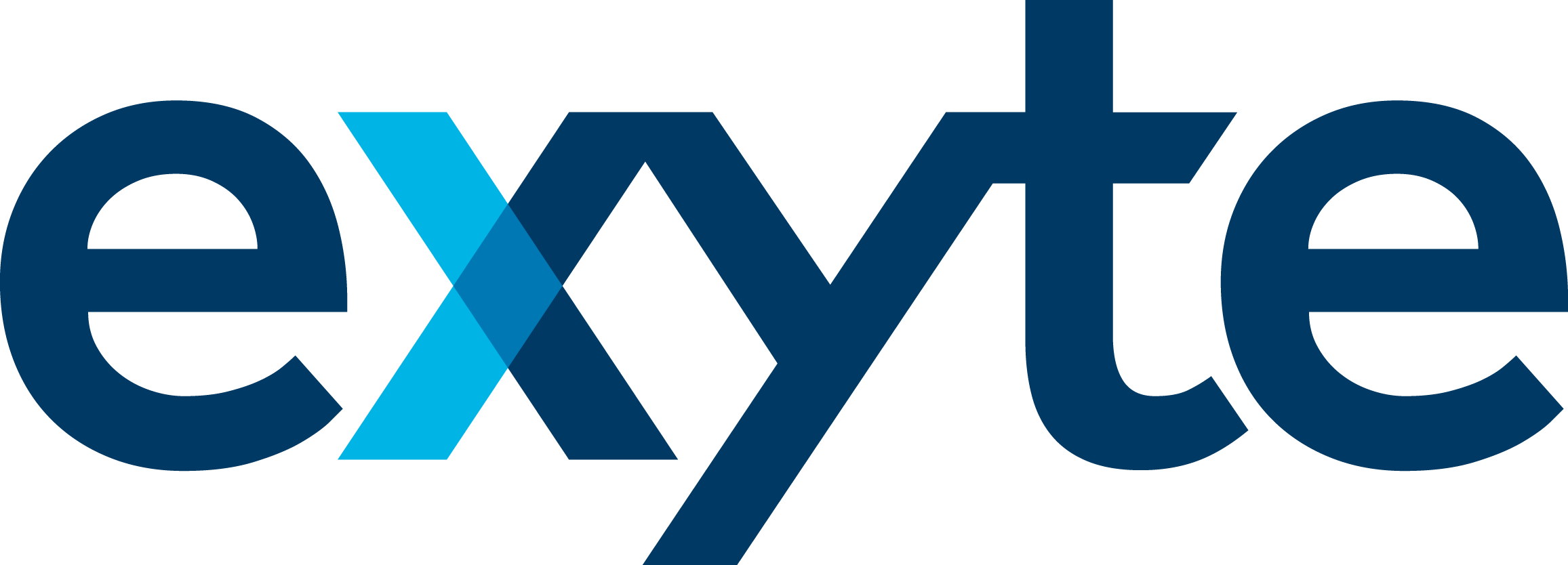







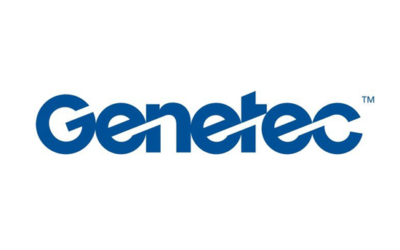


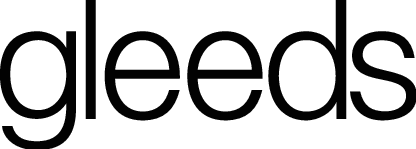

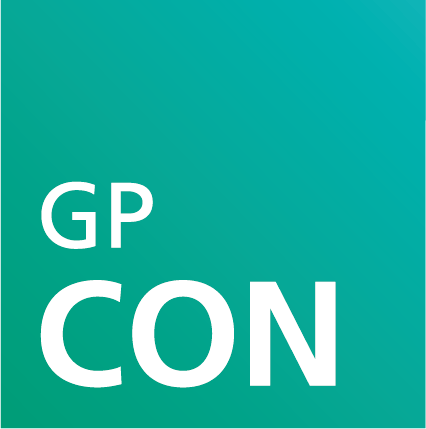


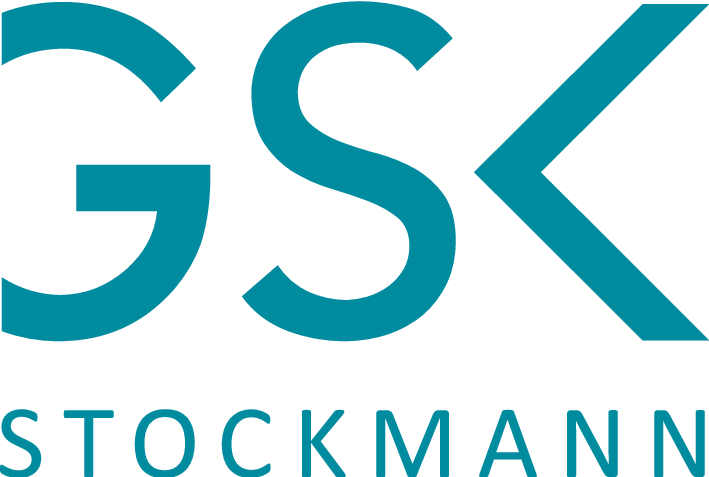

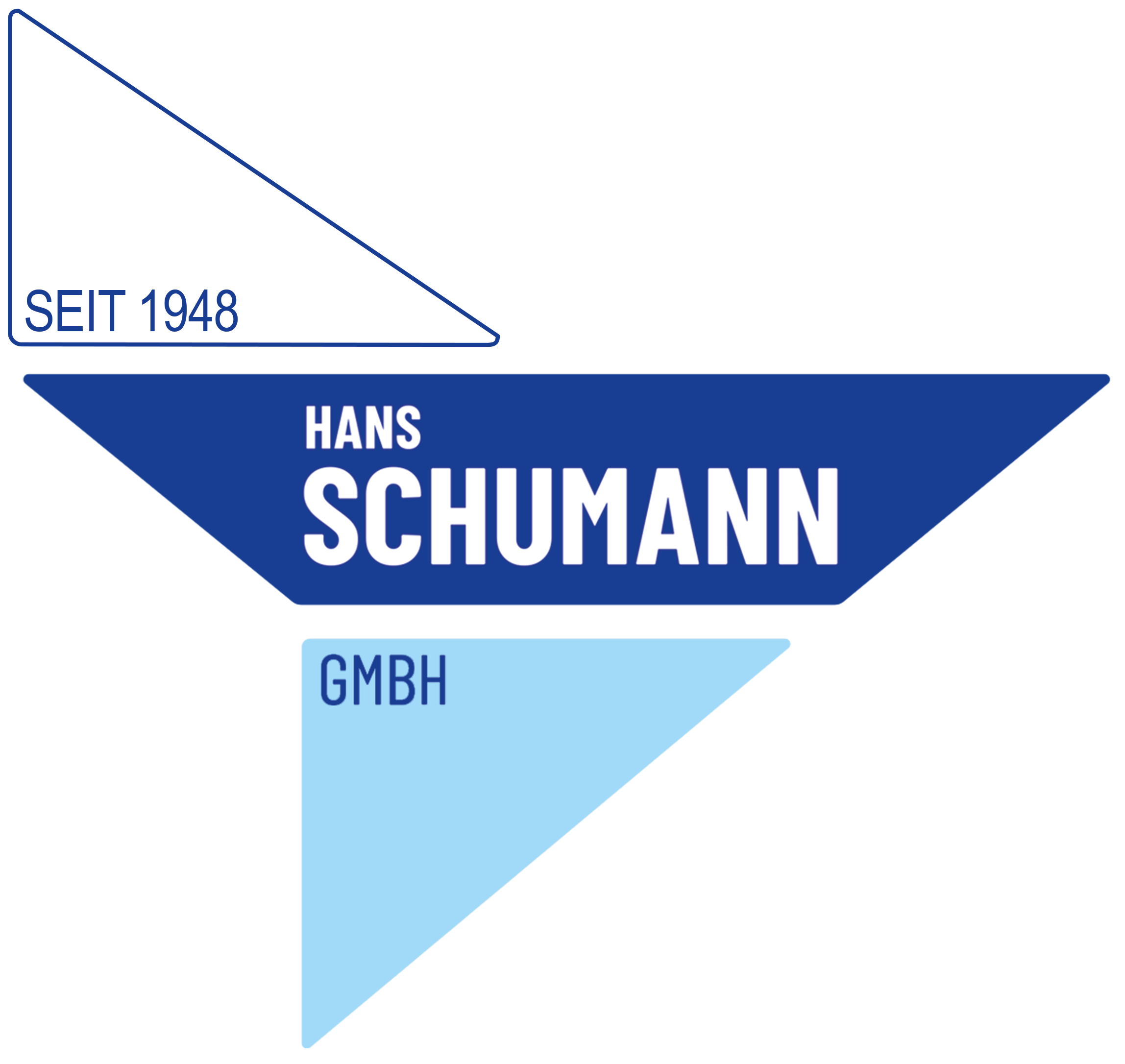
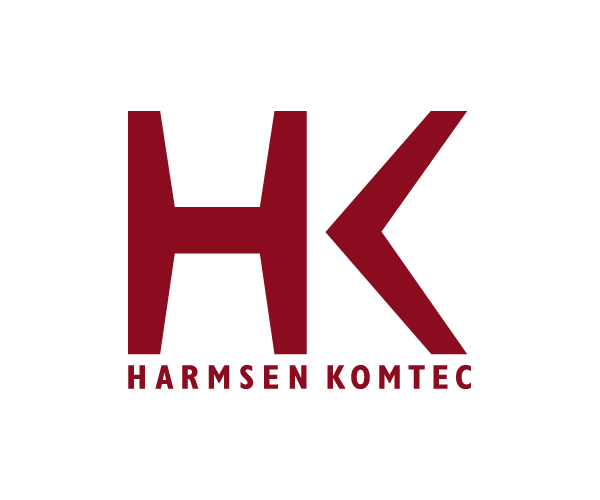

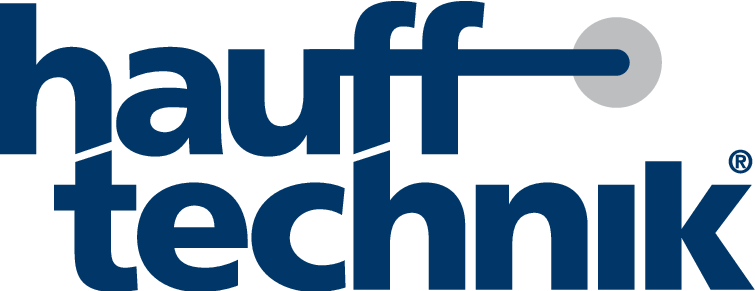







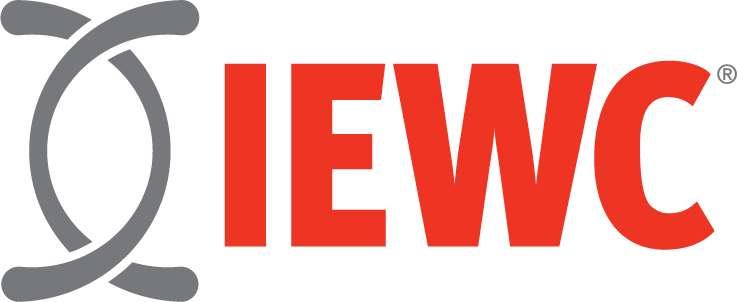
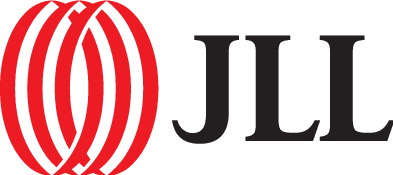
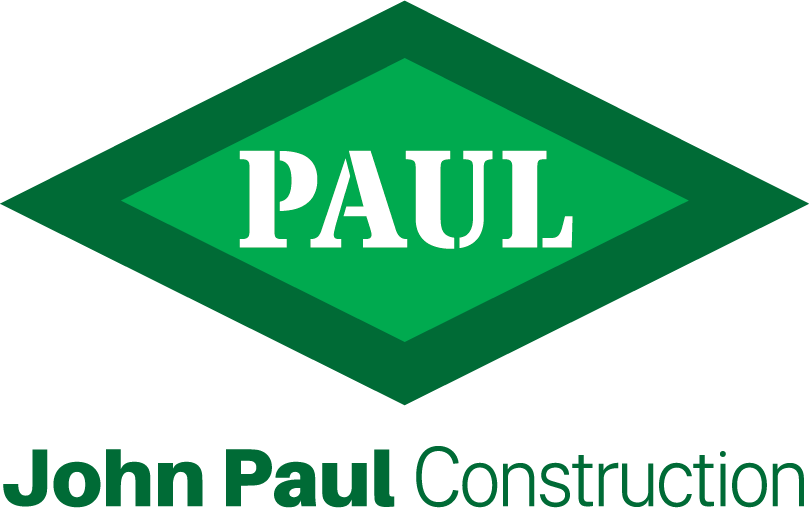


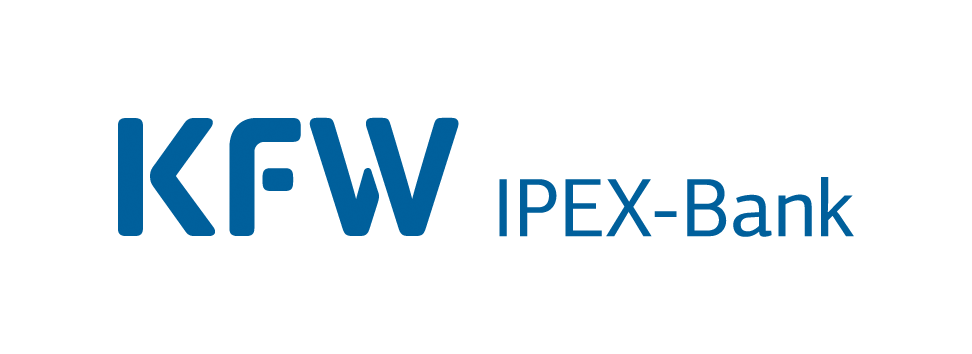
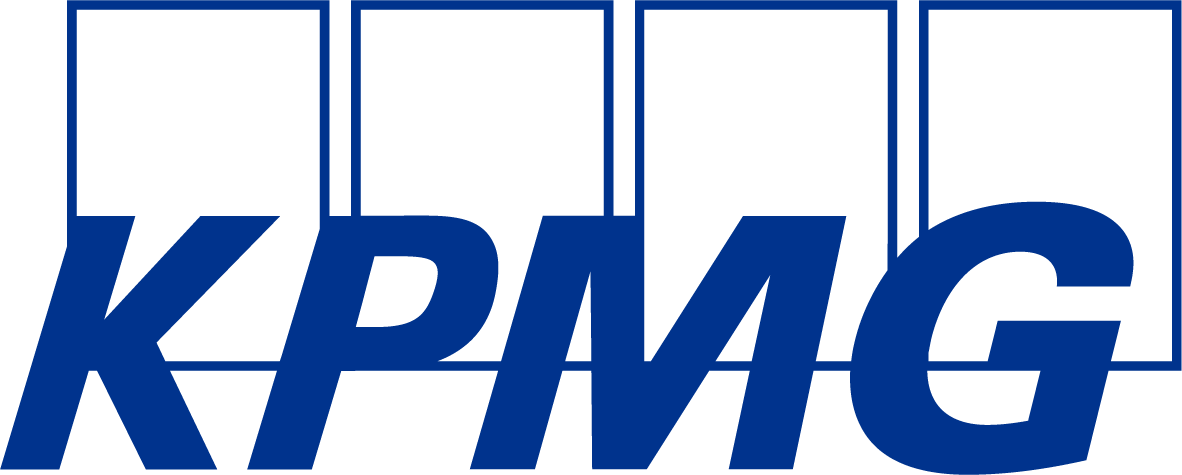


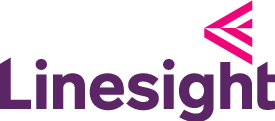



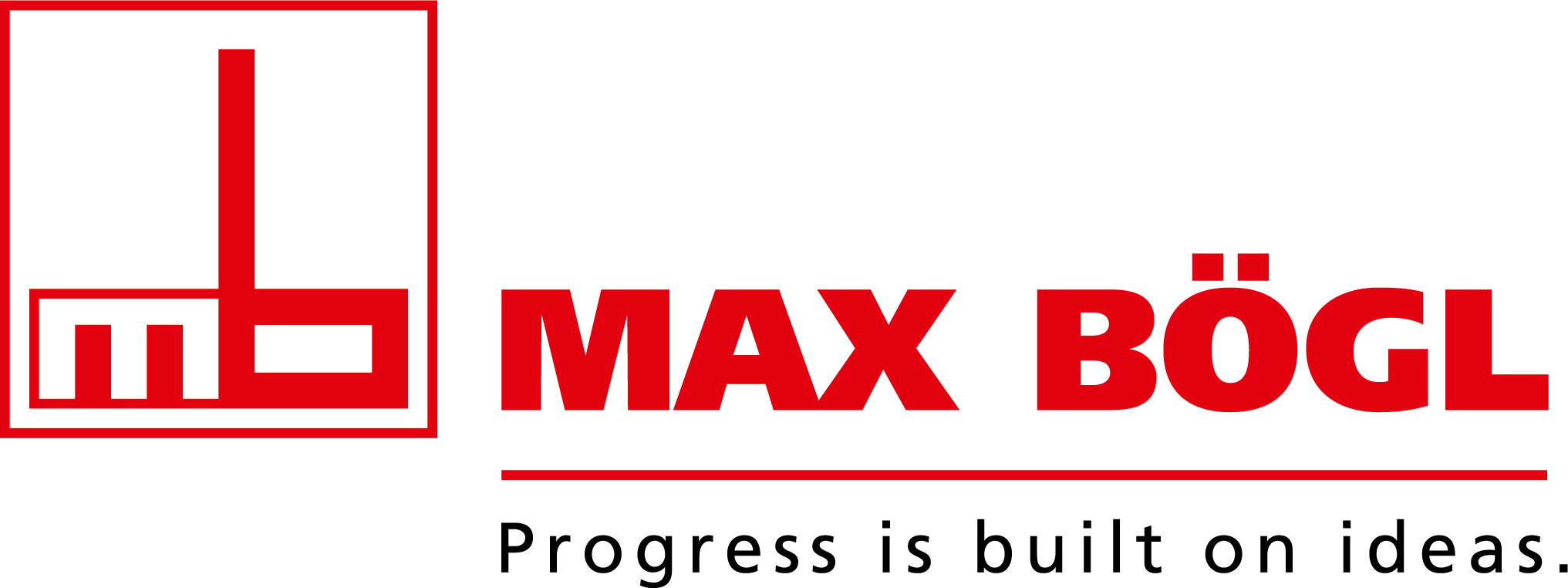



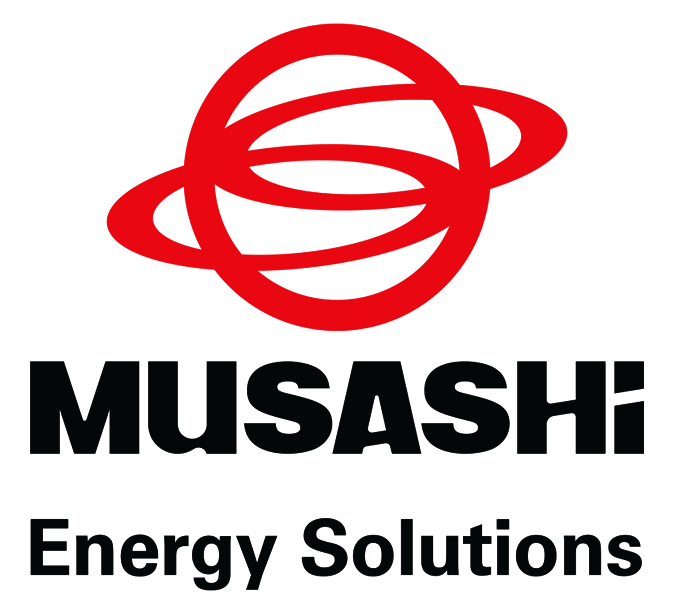


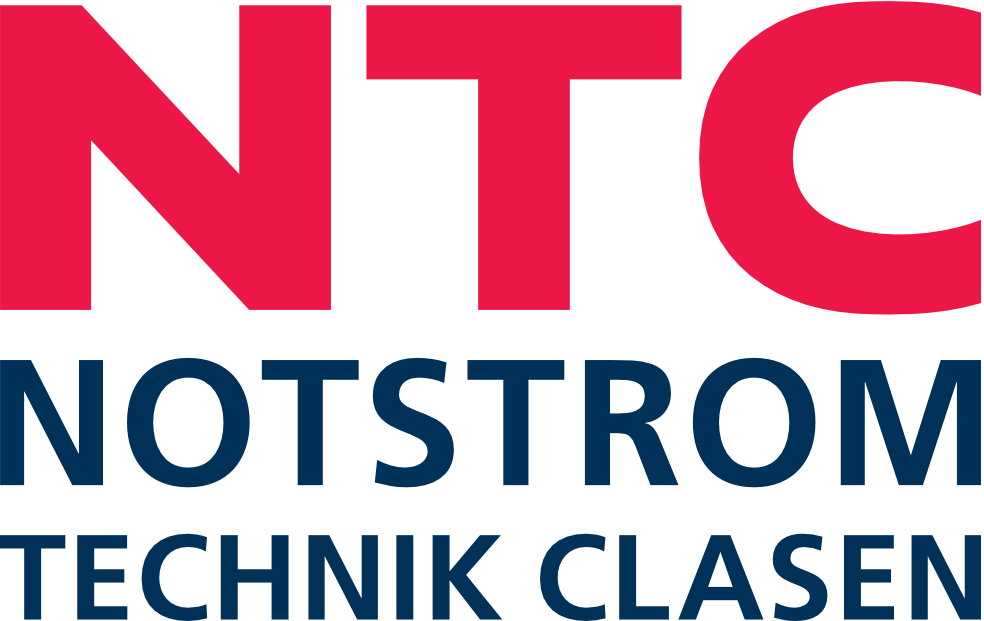
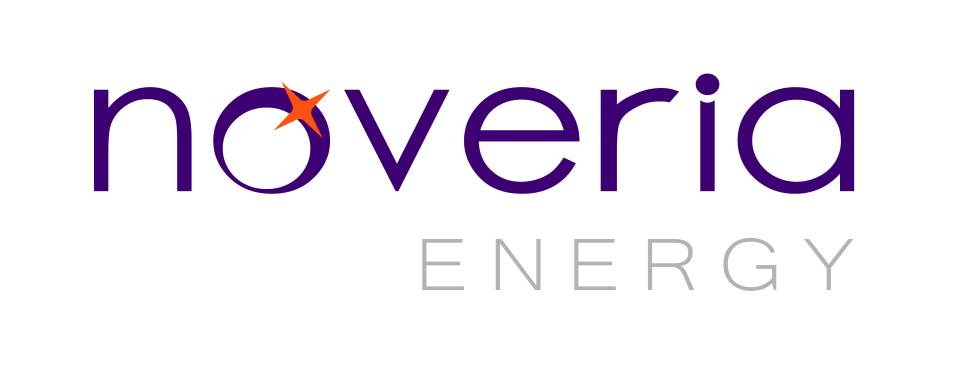


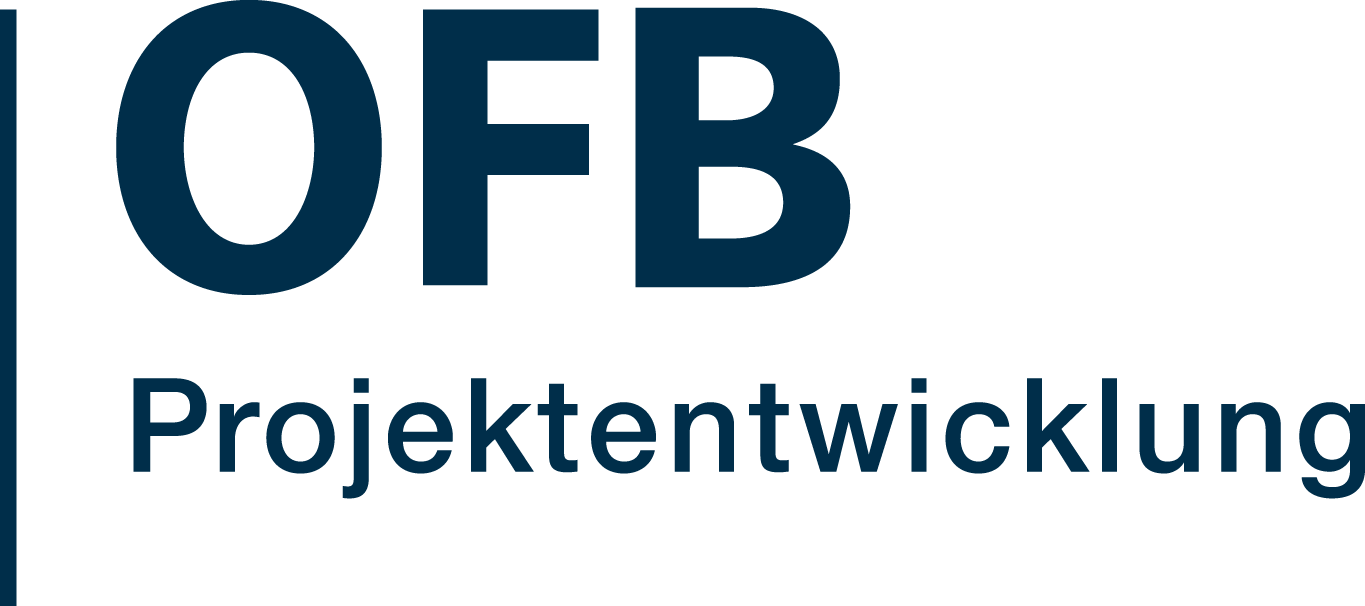
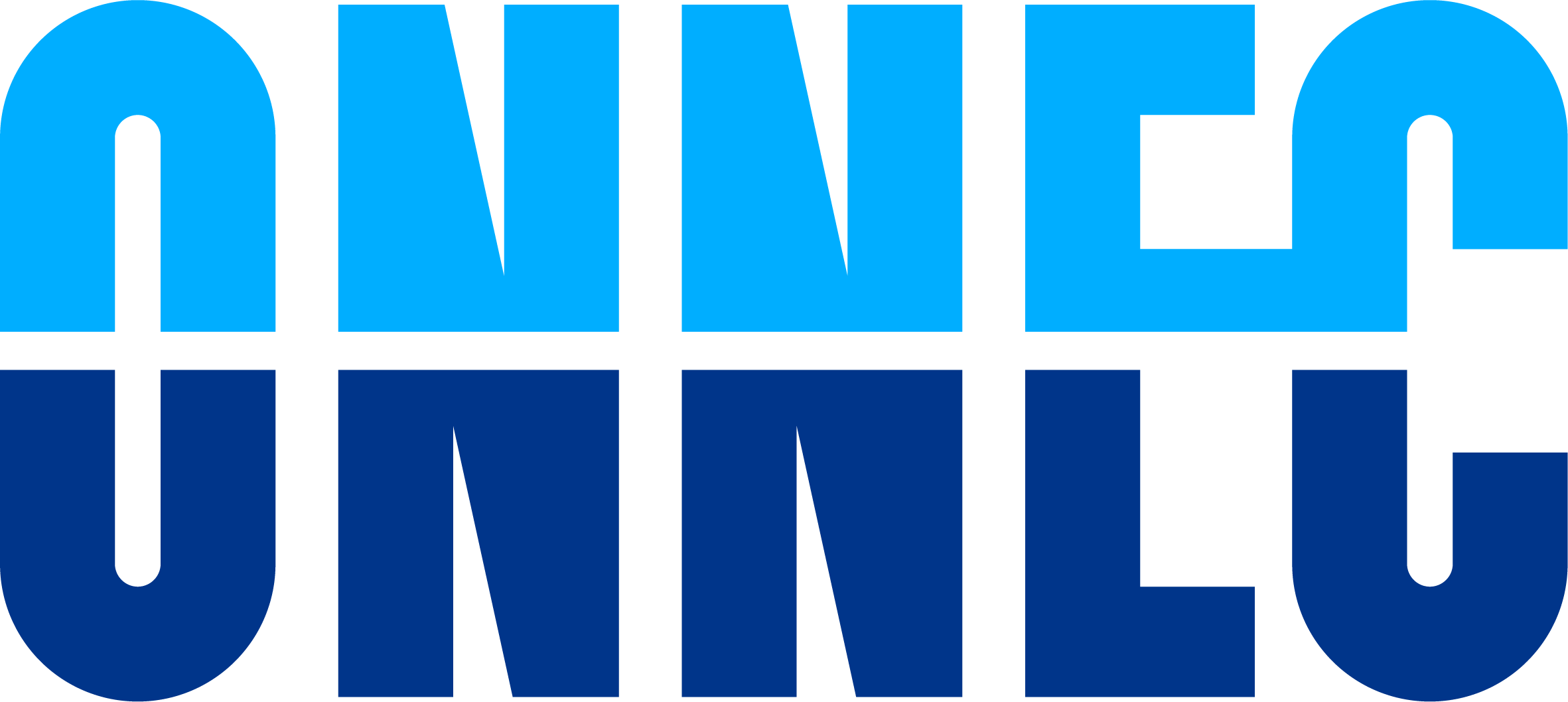


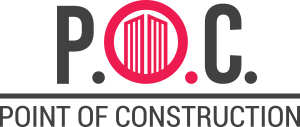

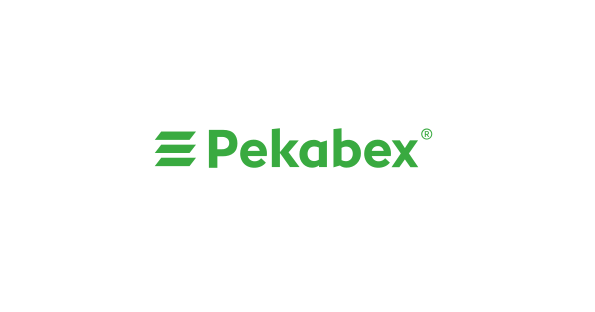






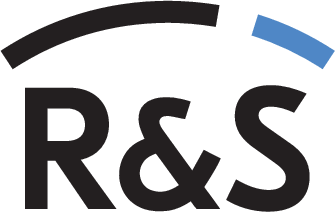
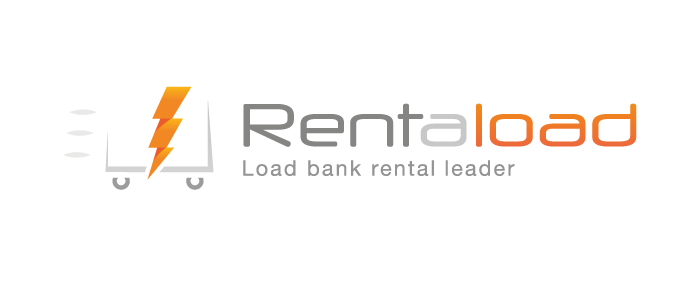

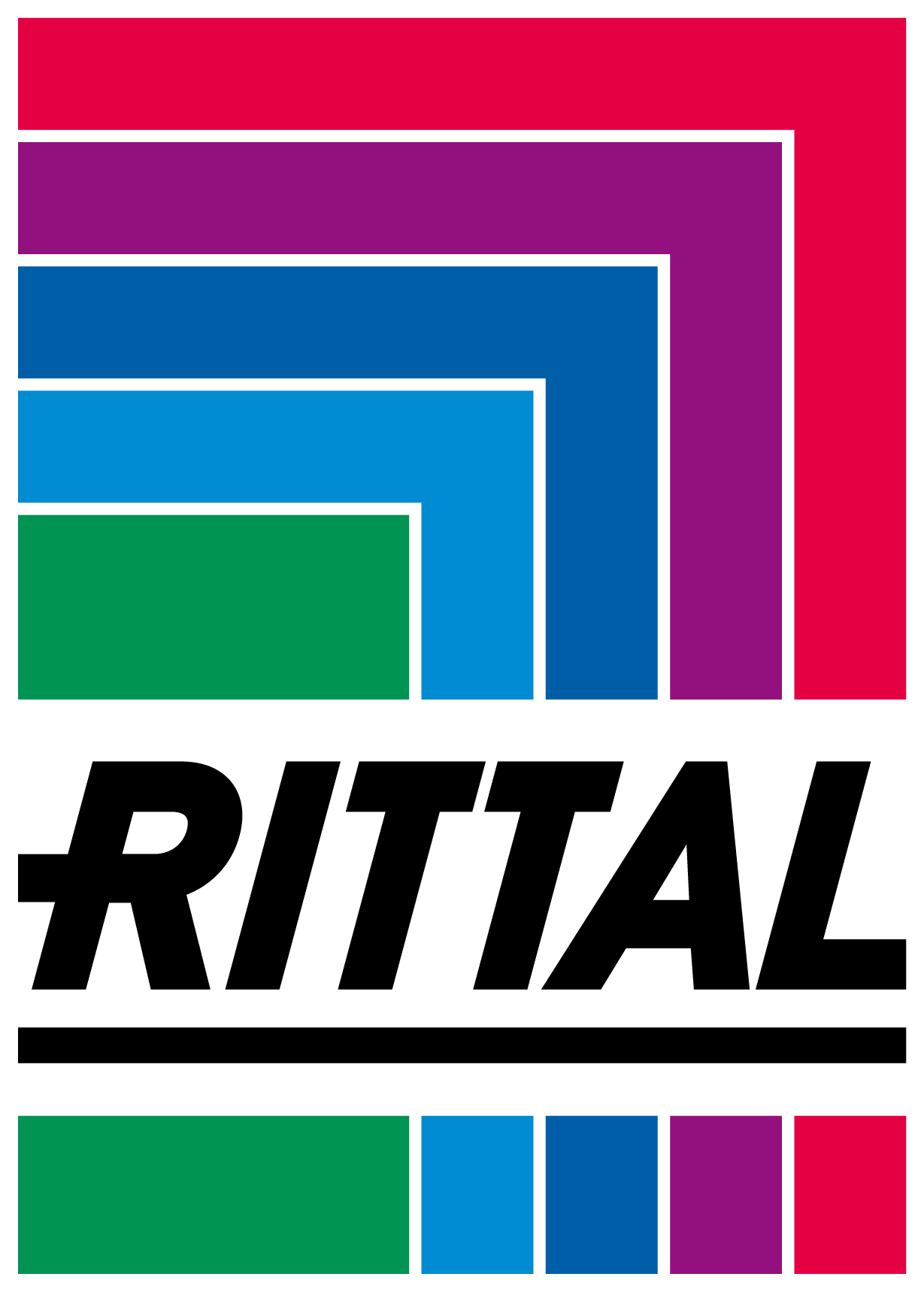

![[Translate to Englisch:] Robert Bosch GmbH](/fileadmin/images/logos/Bosch_symbol_logo_black_red.svg)

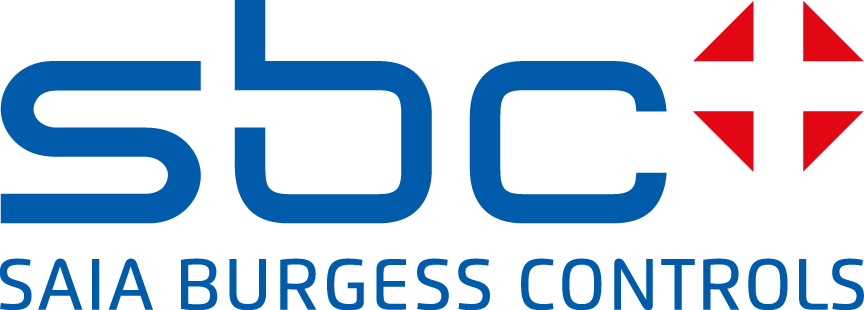


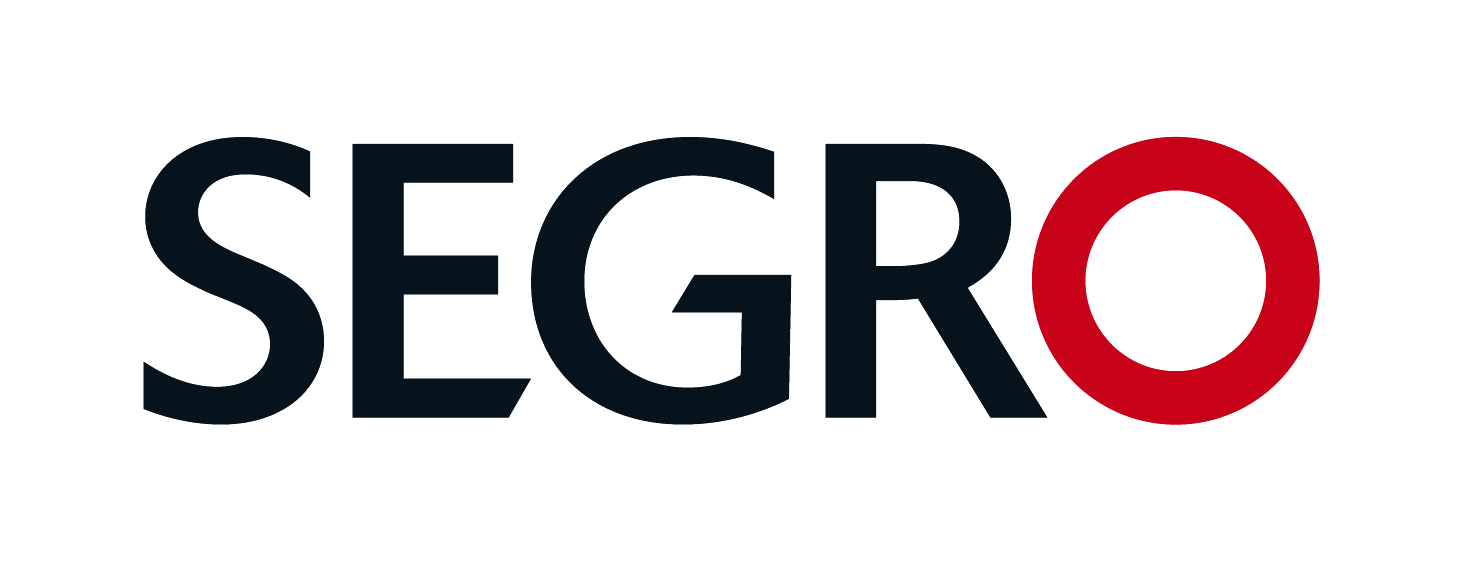
![[Translate to Englisch:] SGB-SMIT GmbH](/fileadmin/images/logos/SGB_SMIT_Logo_CMYK.png)

![[Translate to Englisch:] Sims Lifecycle Services](/fileadmin/images/logos/SLS_RGB.png)

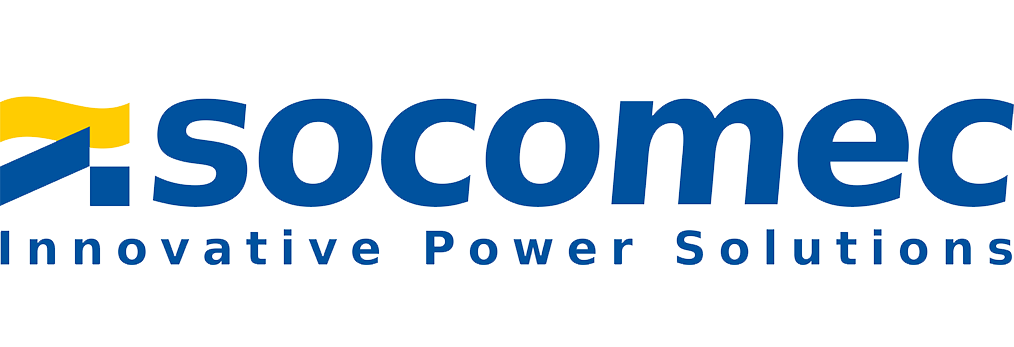
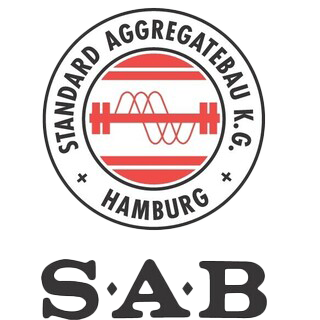
![[Translate to Englisch:] Stengel GmbH](/fileadmin/images/logos/Stengel_it.svg)




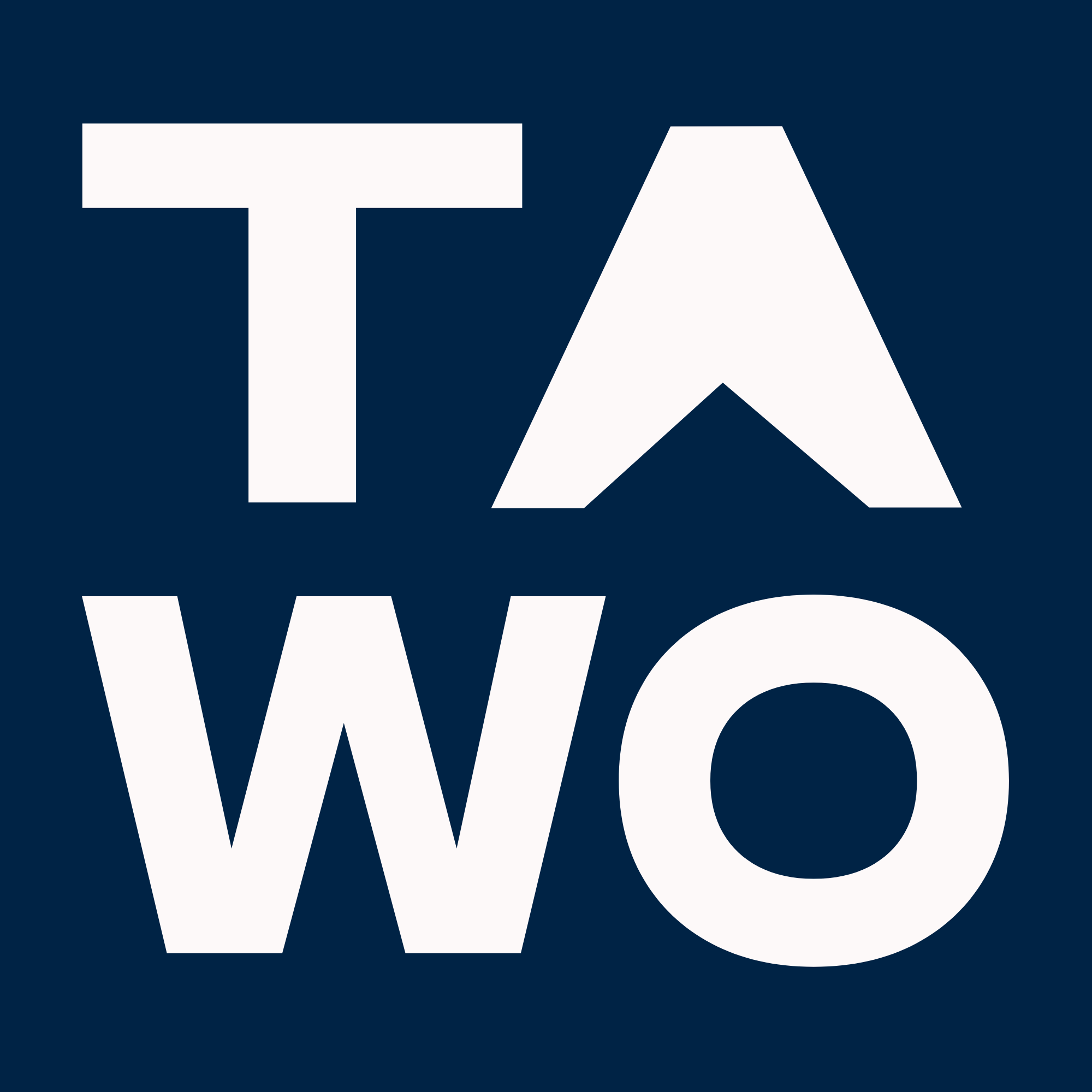


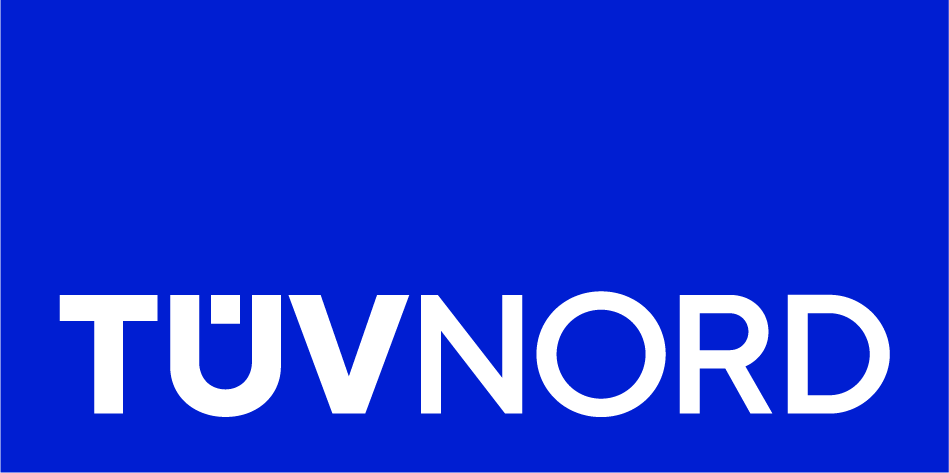
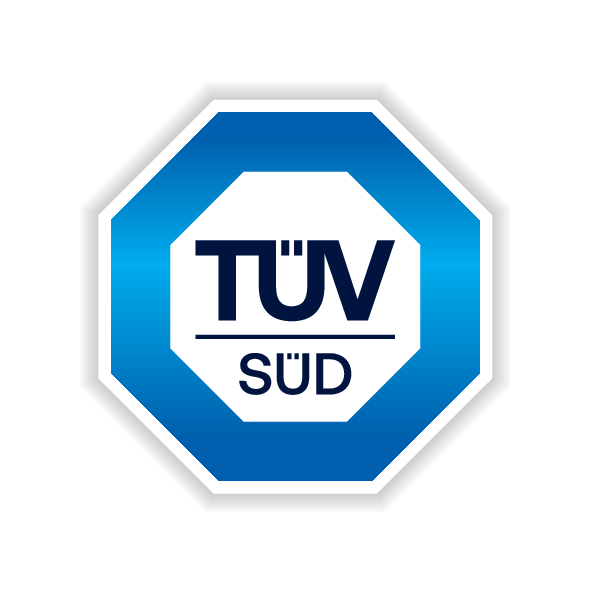
![[Translate to Englisch:] Vertiv](/fileadmin/images/logos/ver_logo_tm_vrt_rgb_blk.png)
